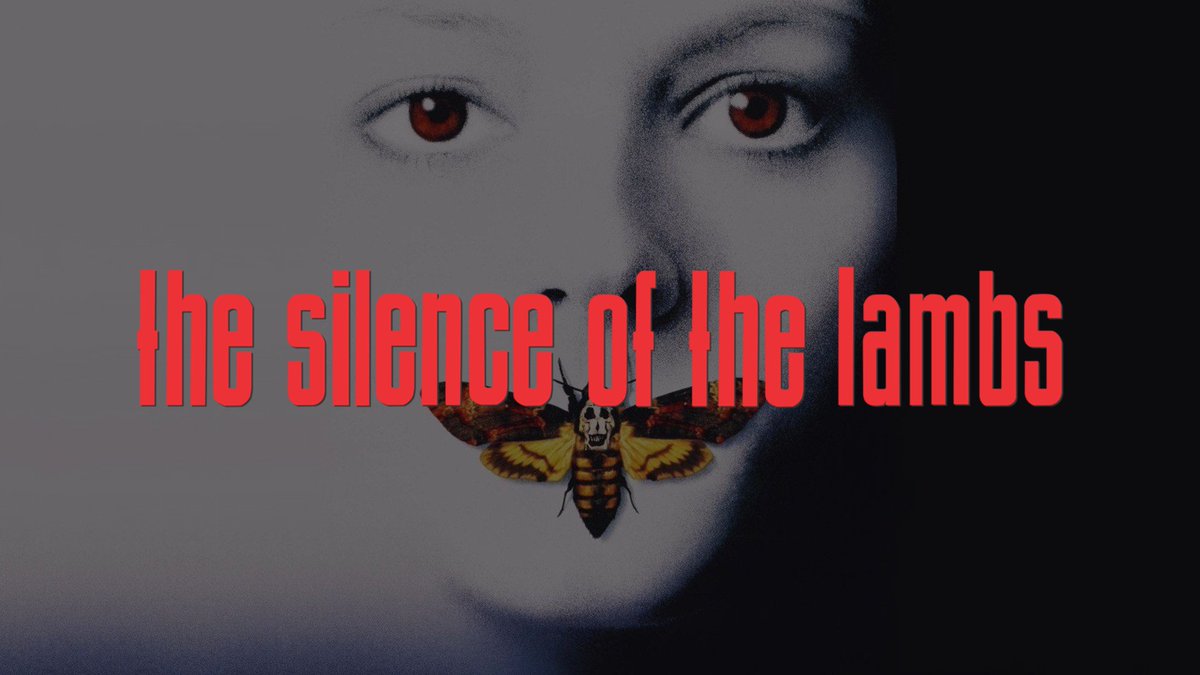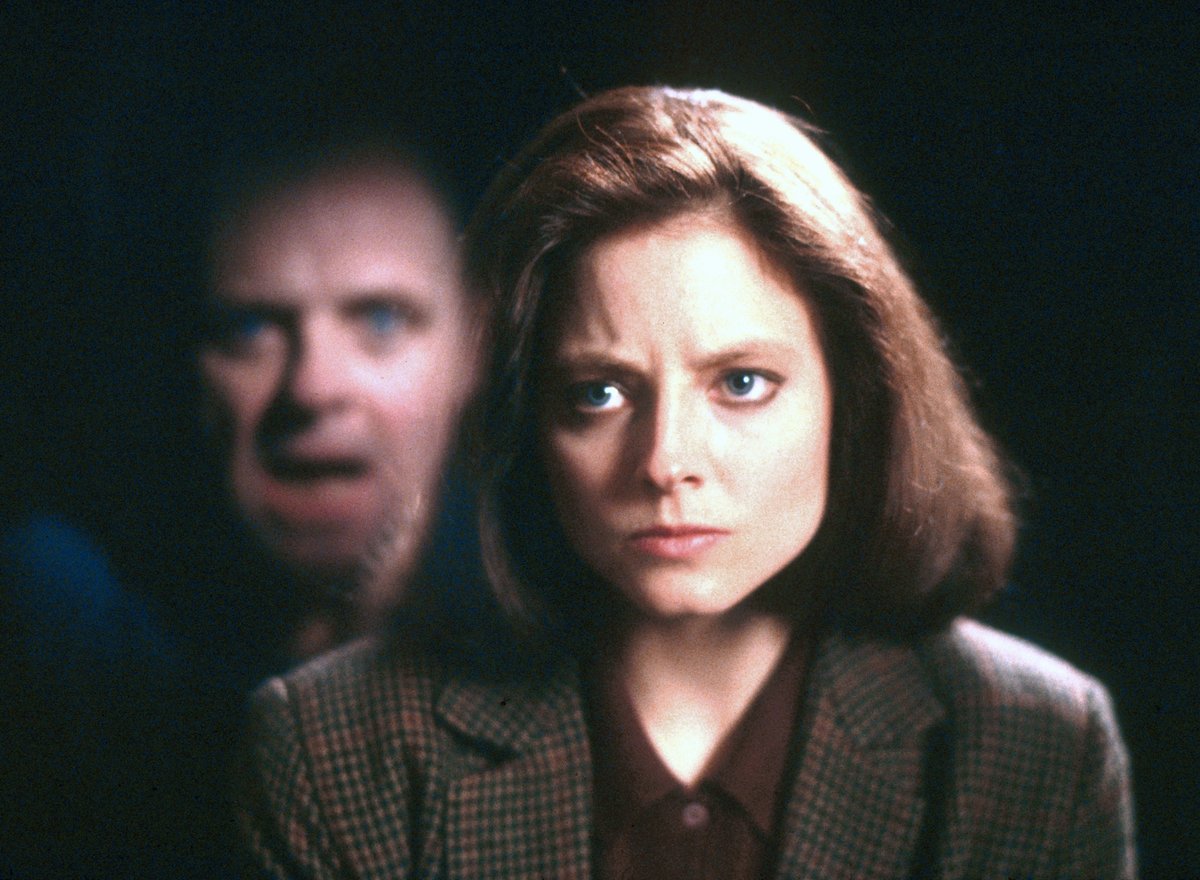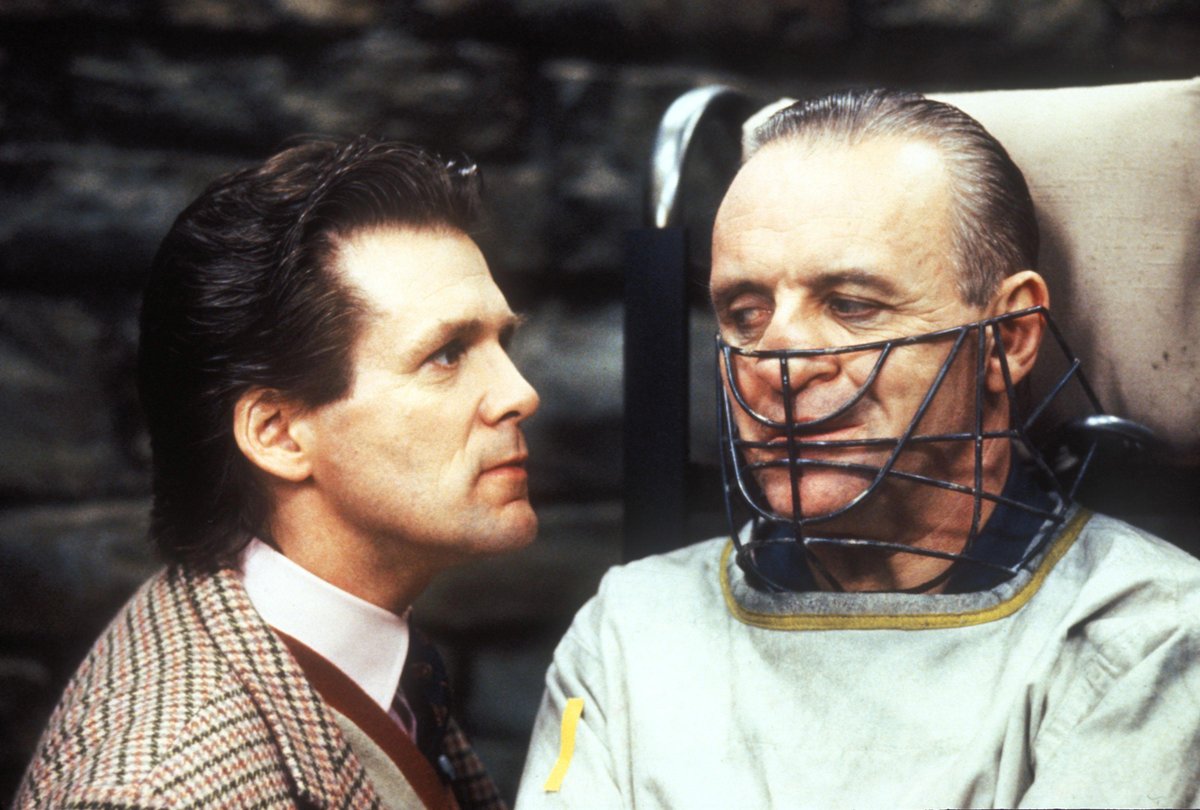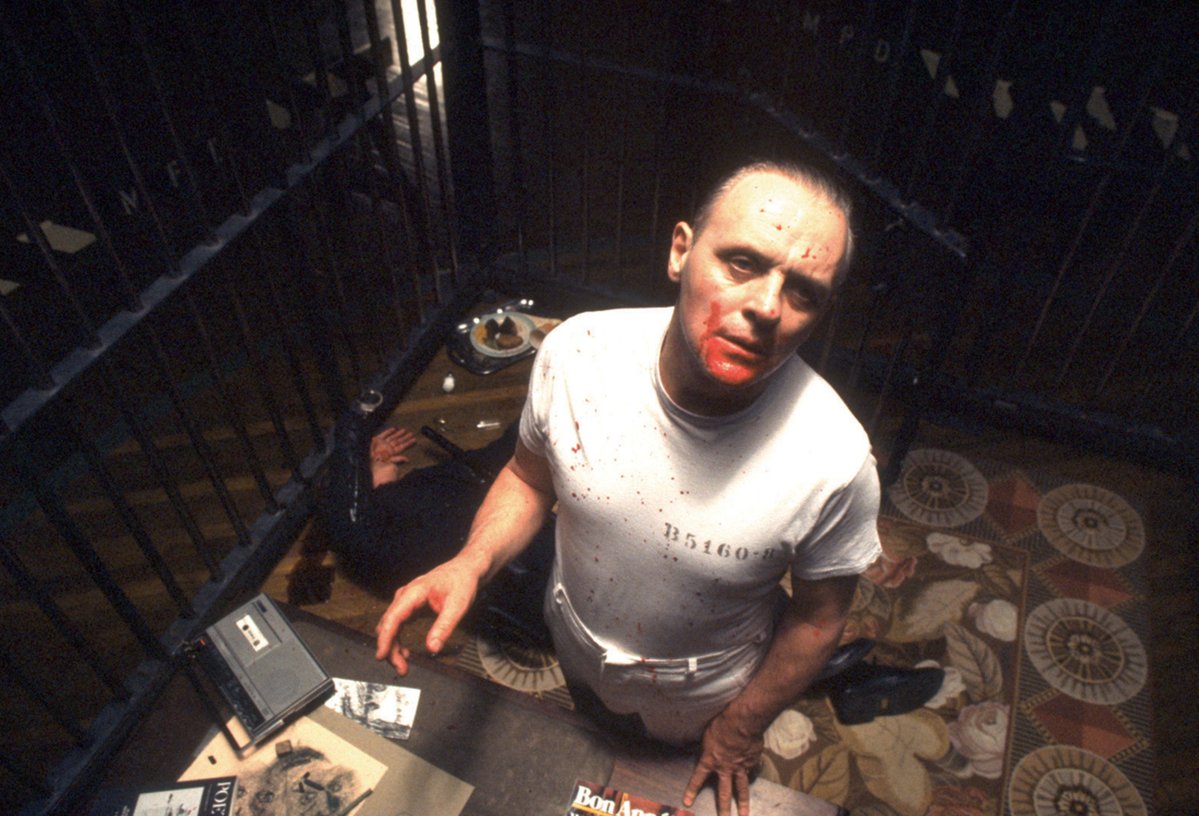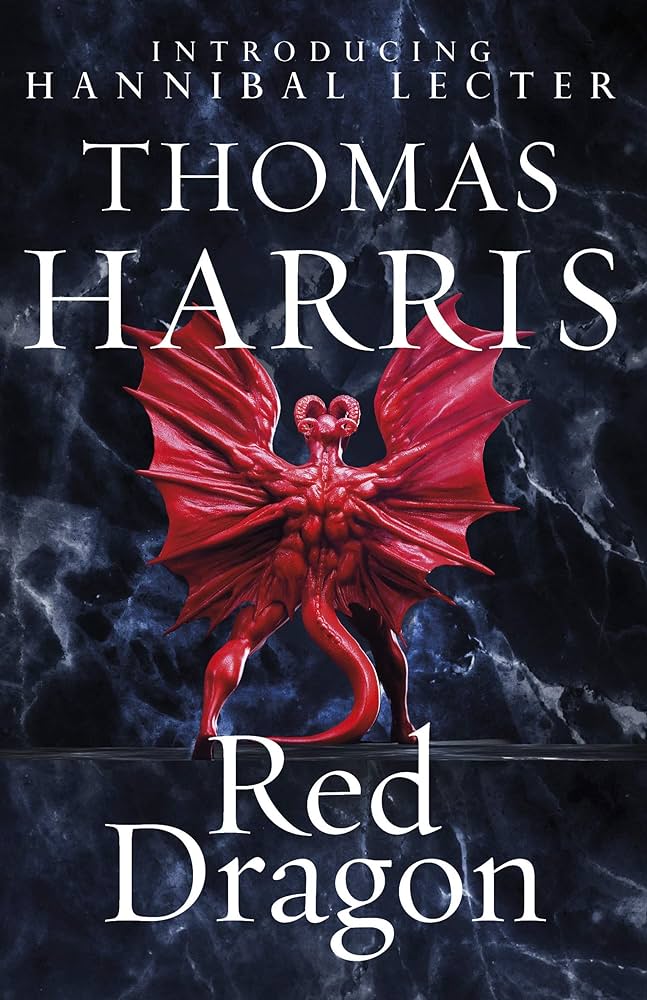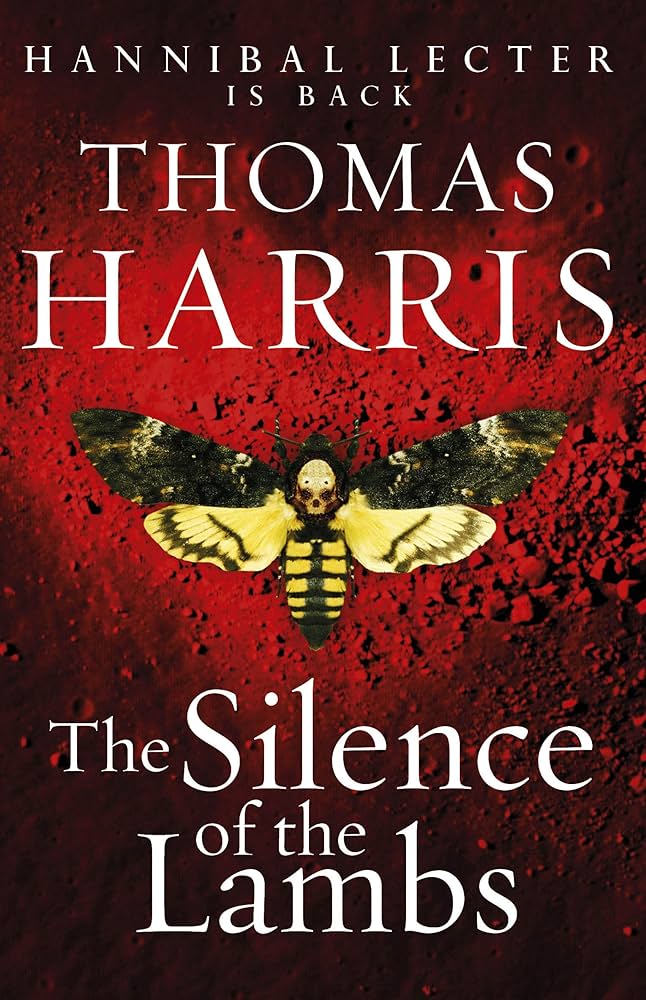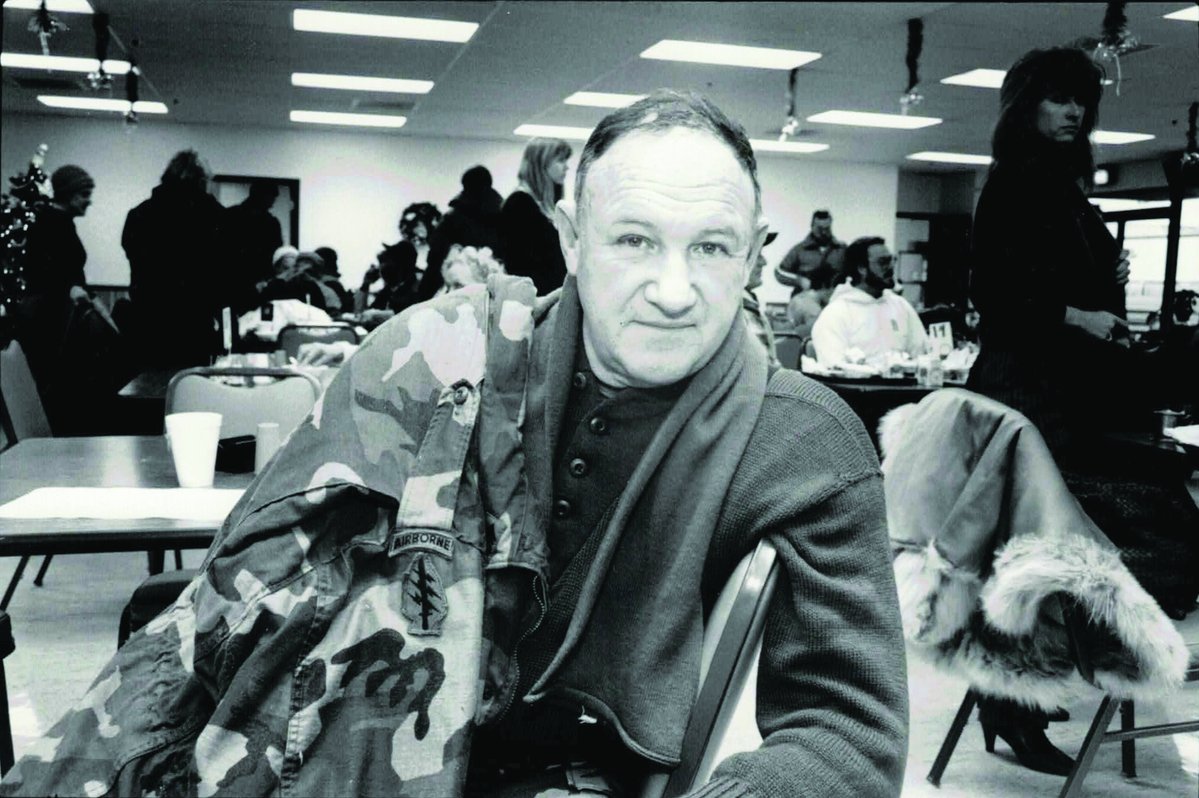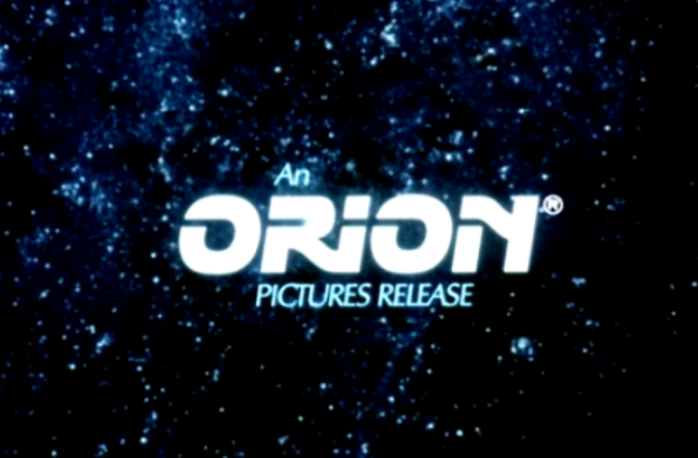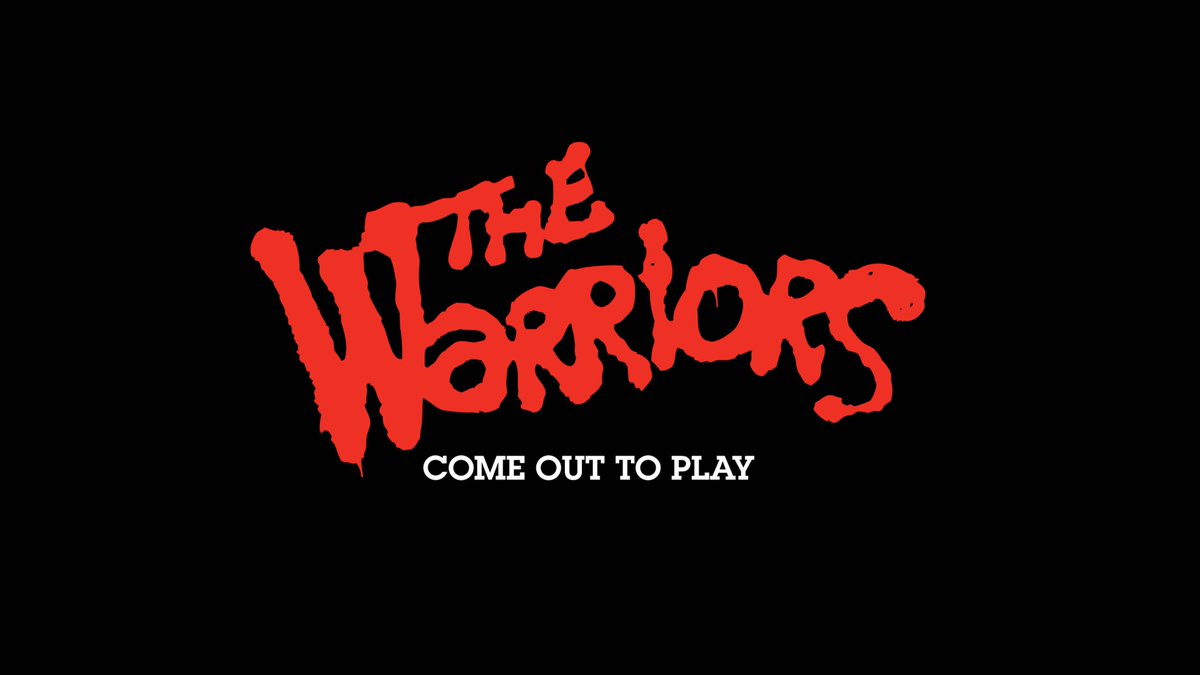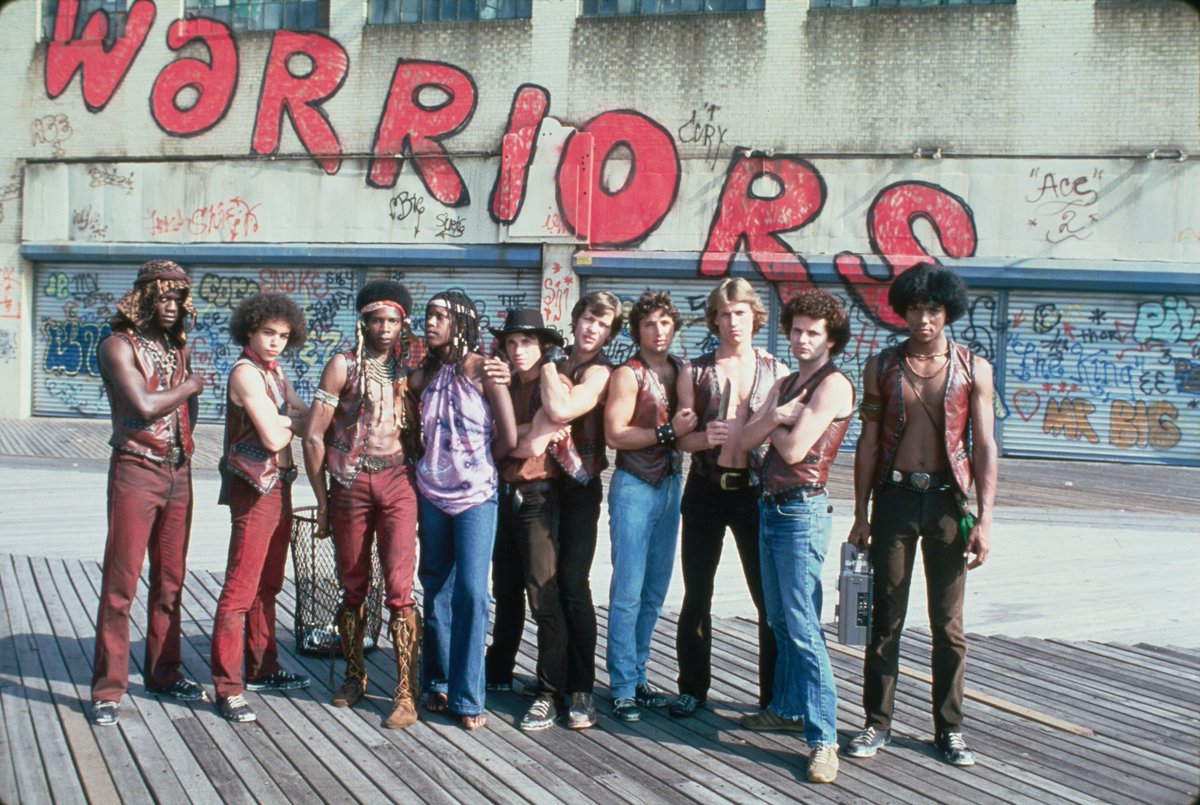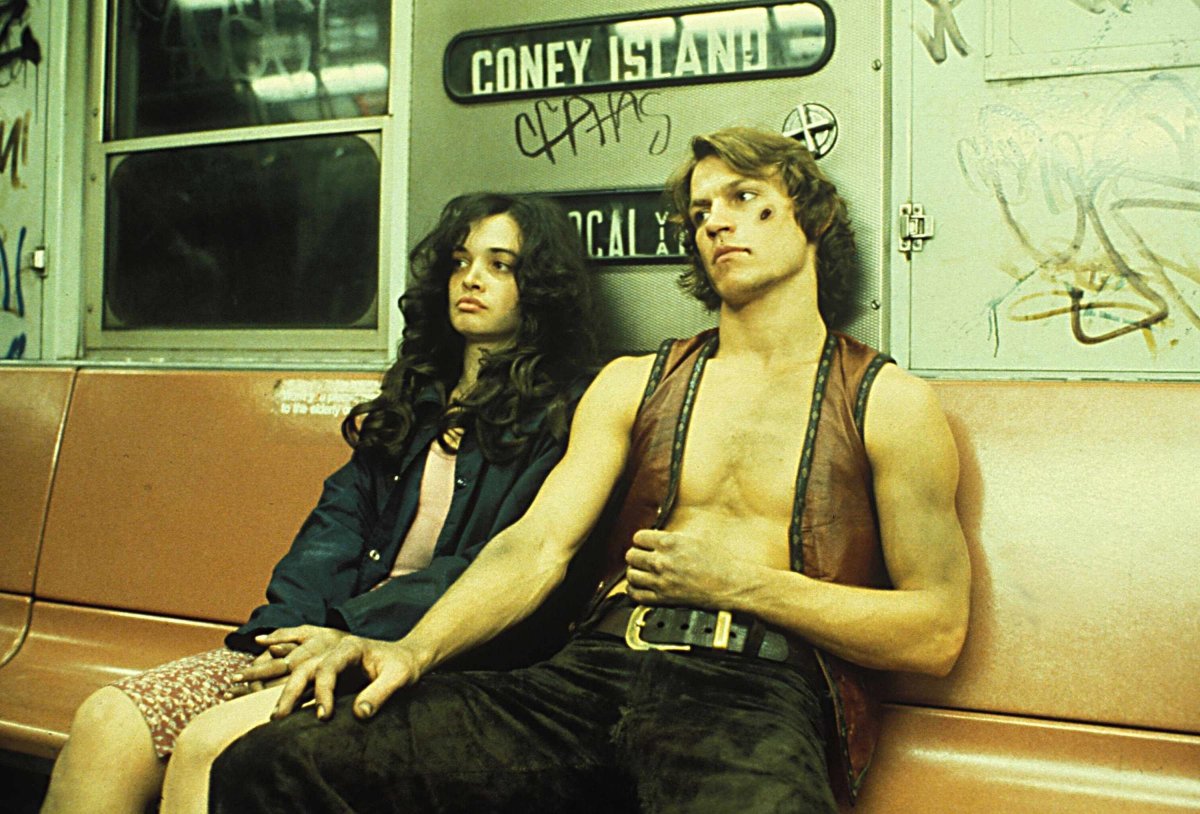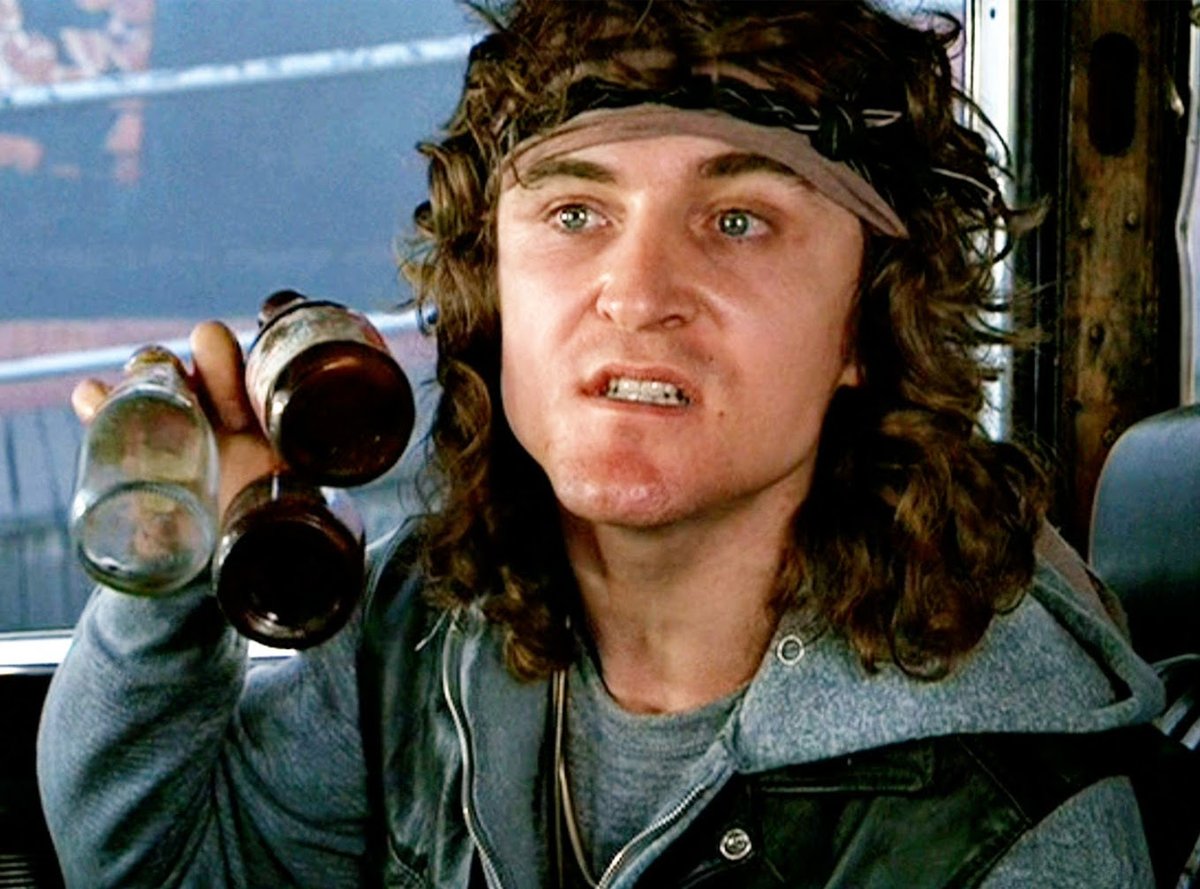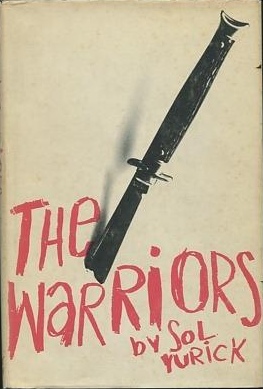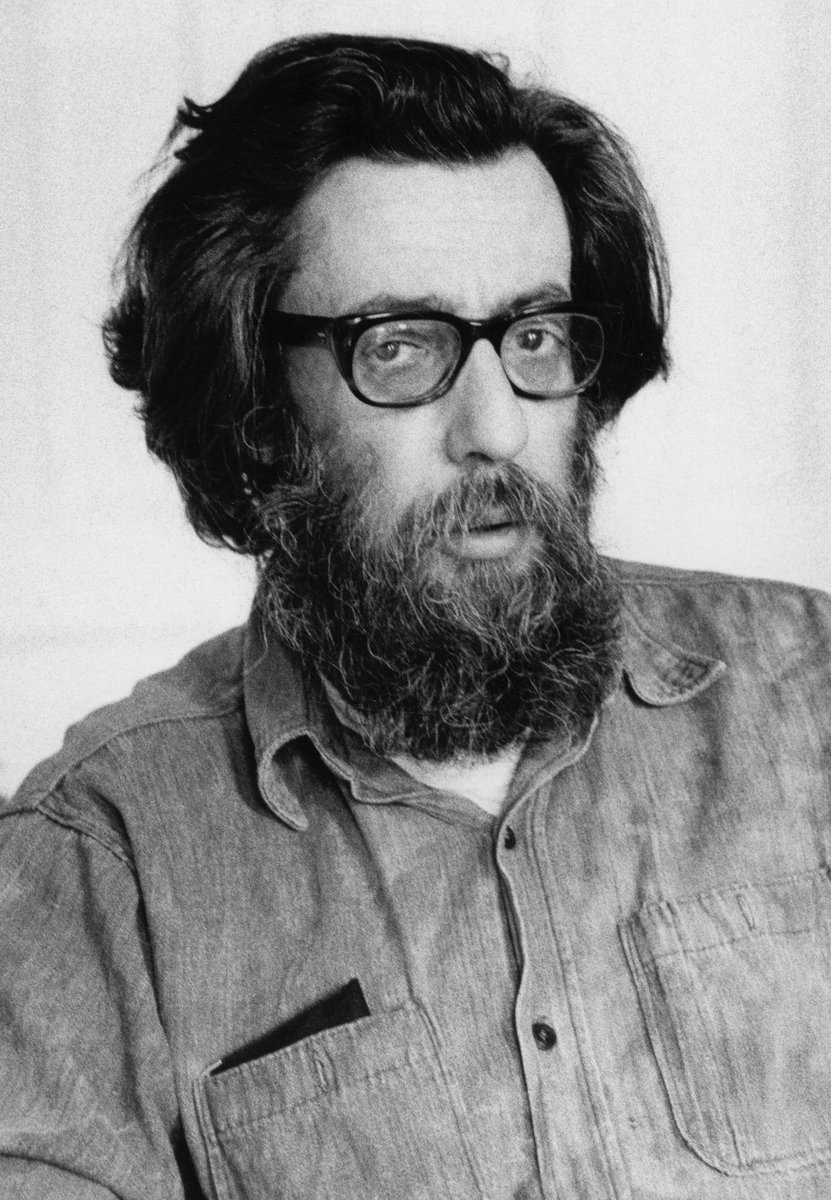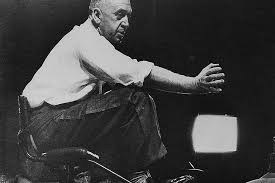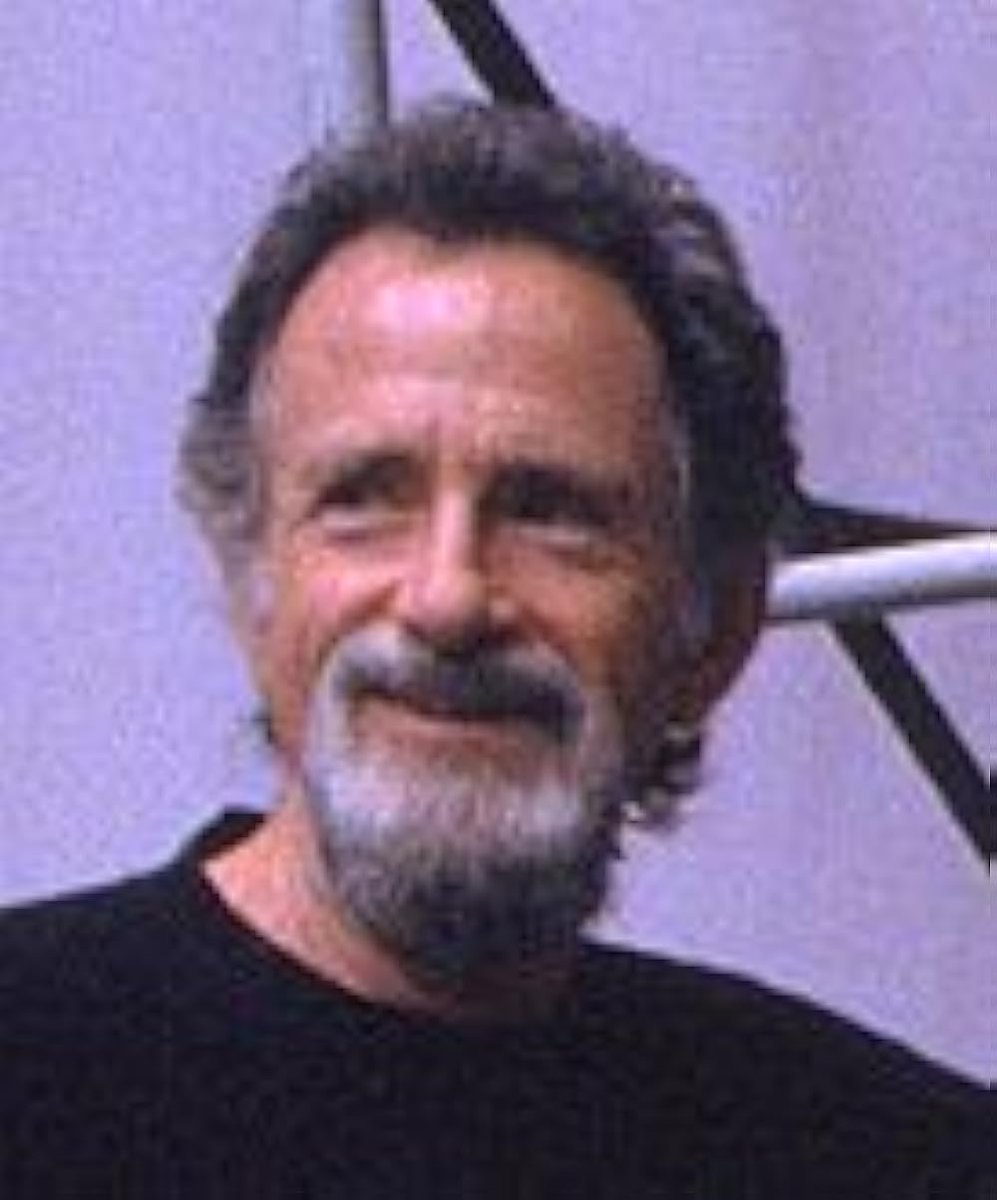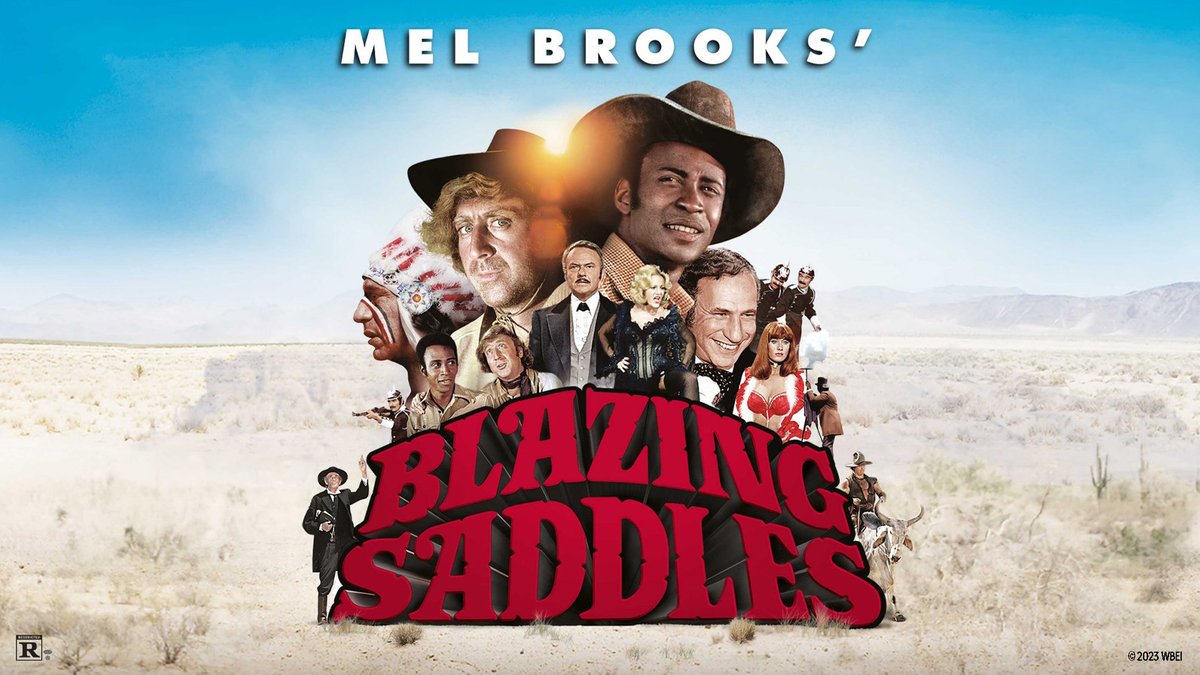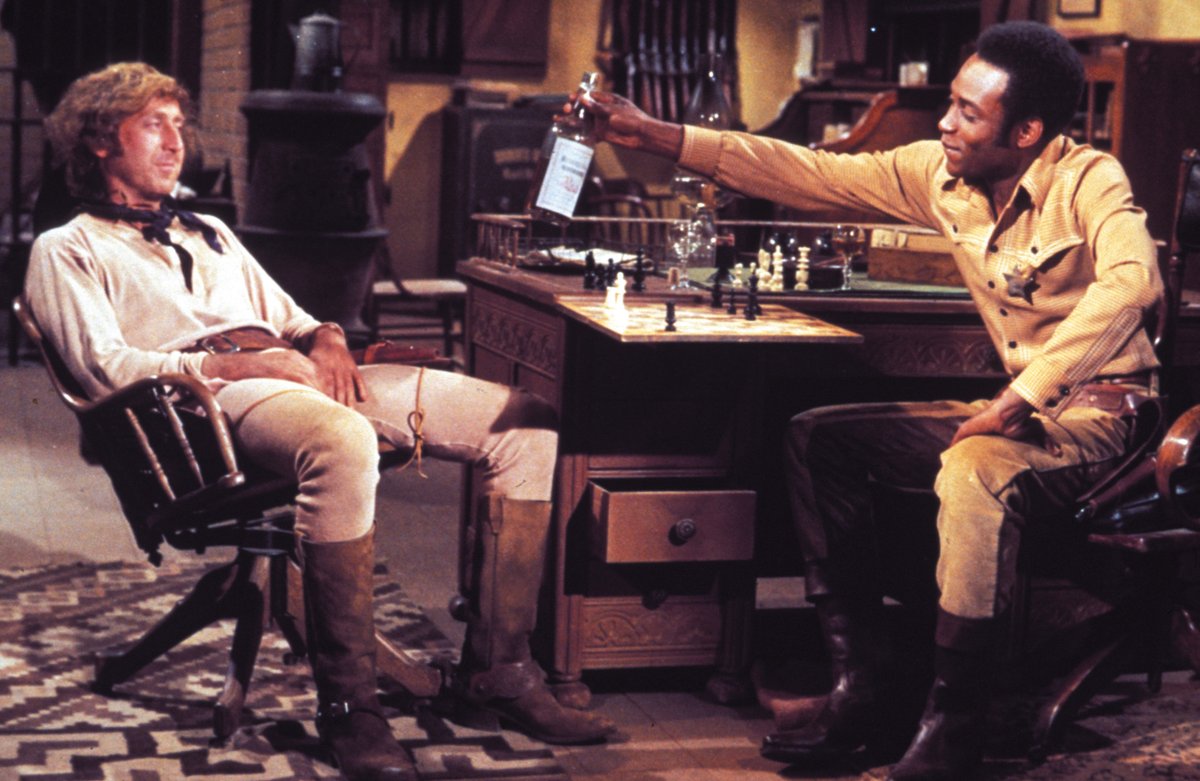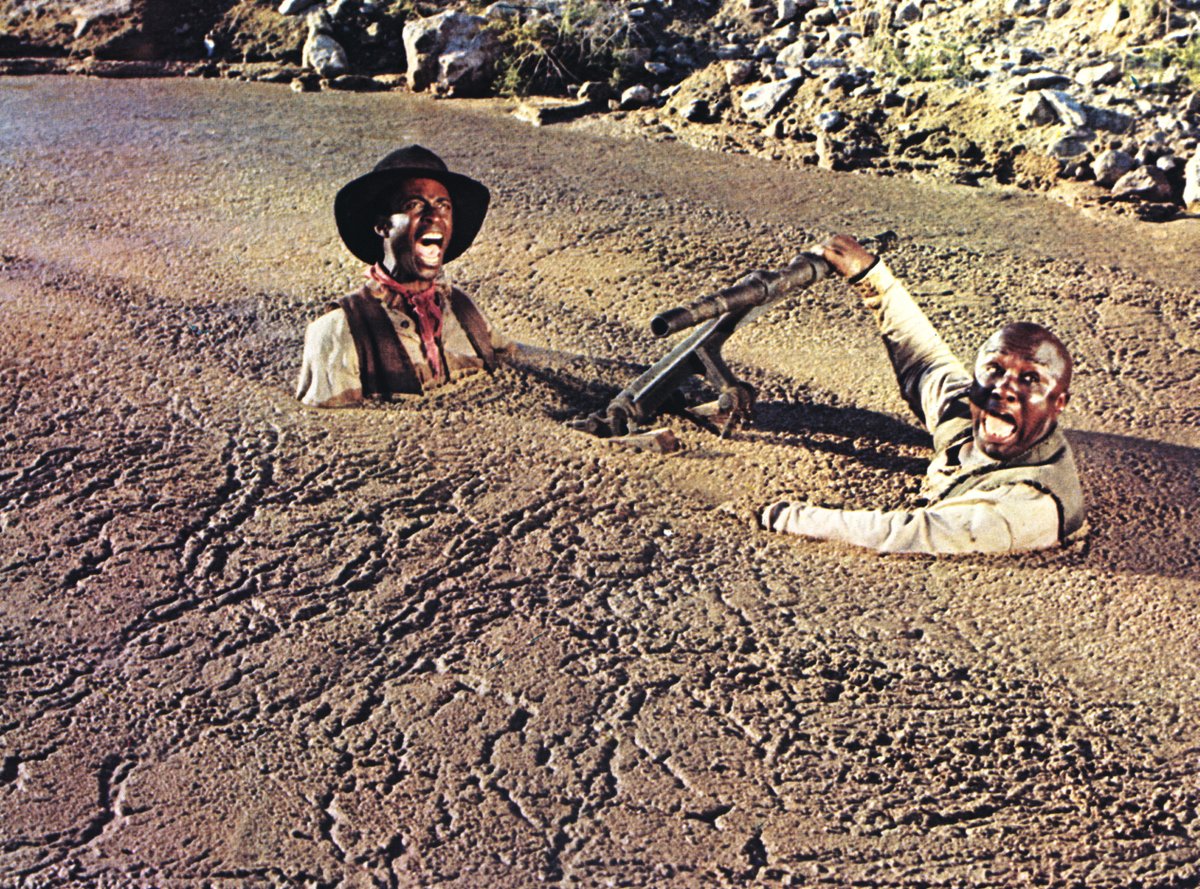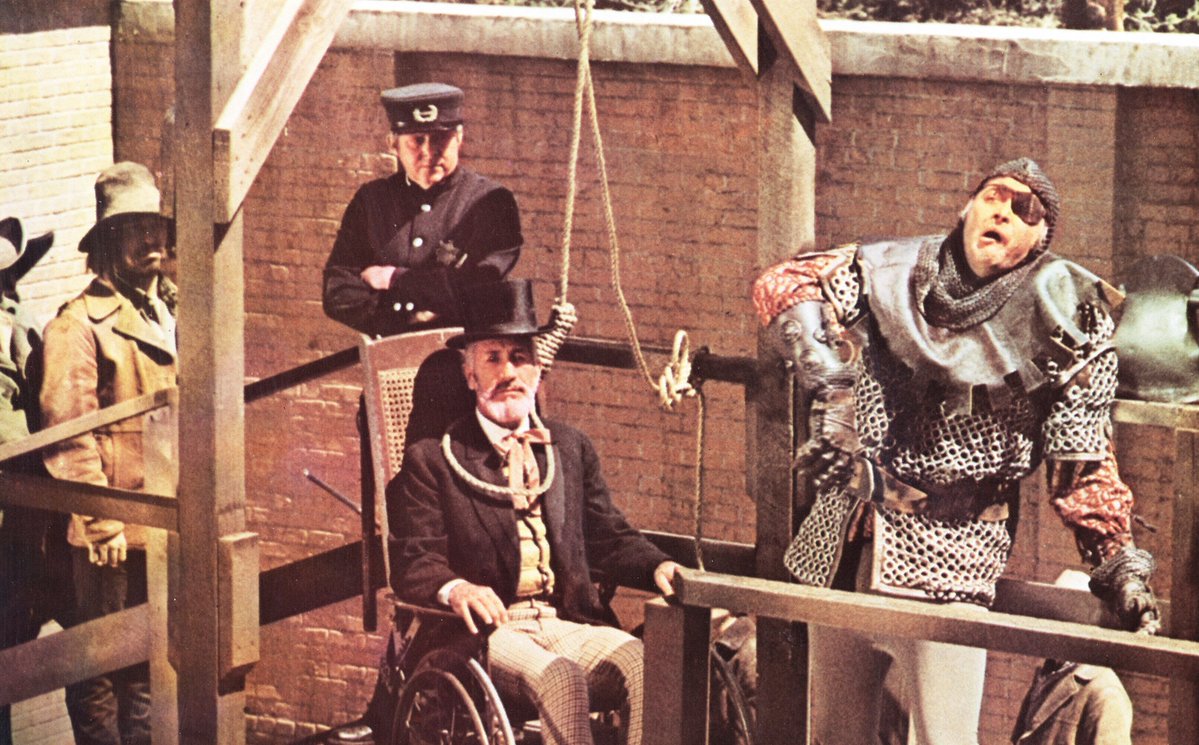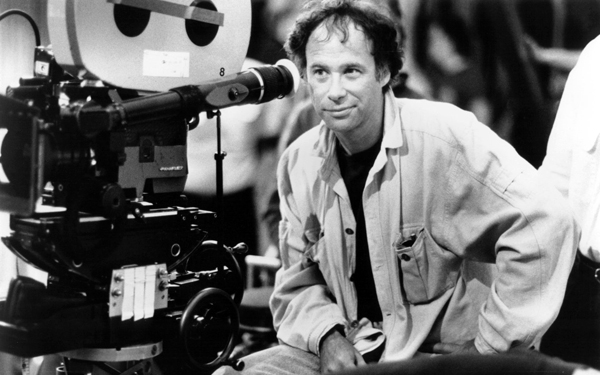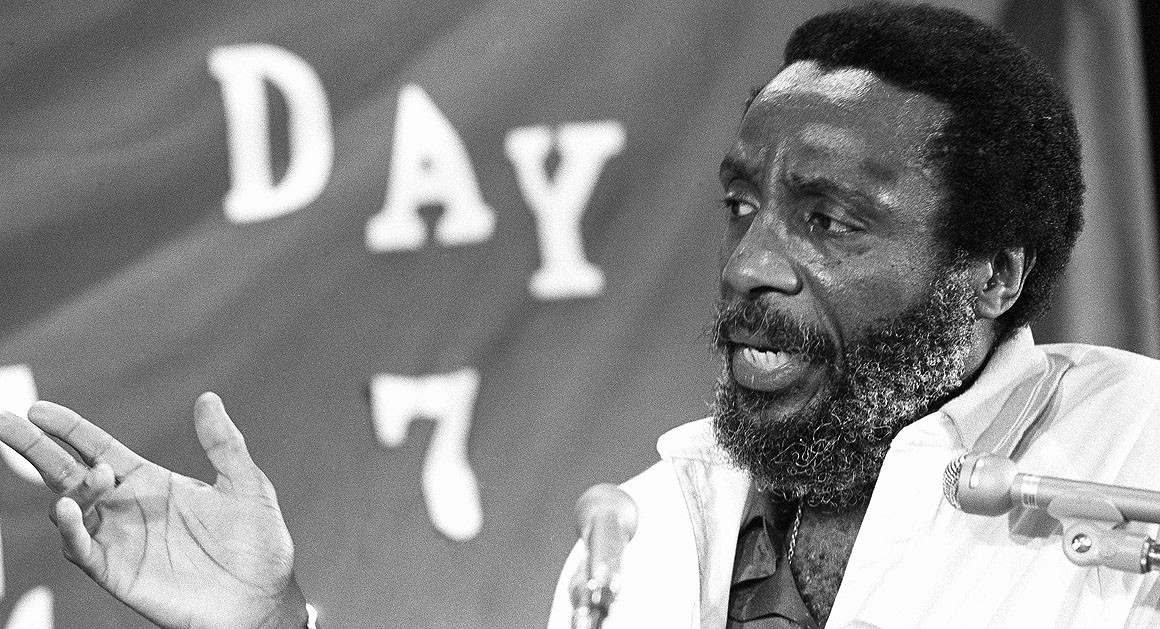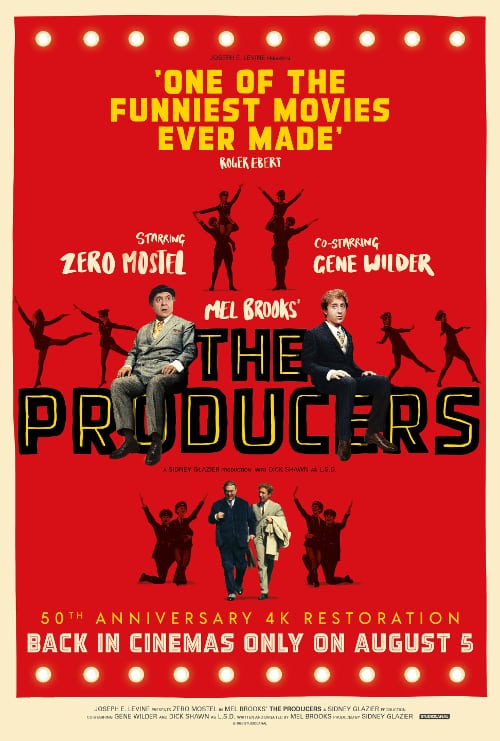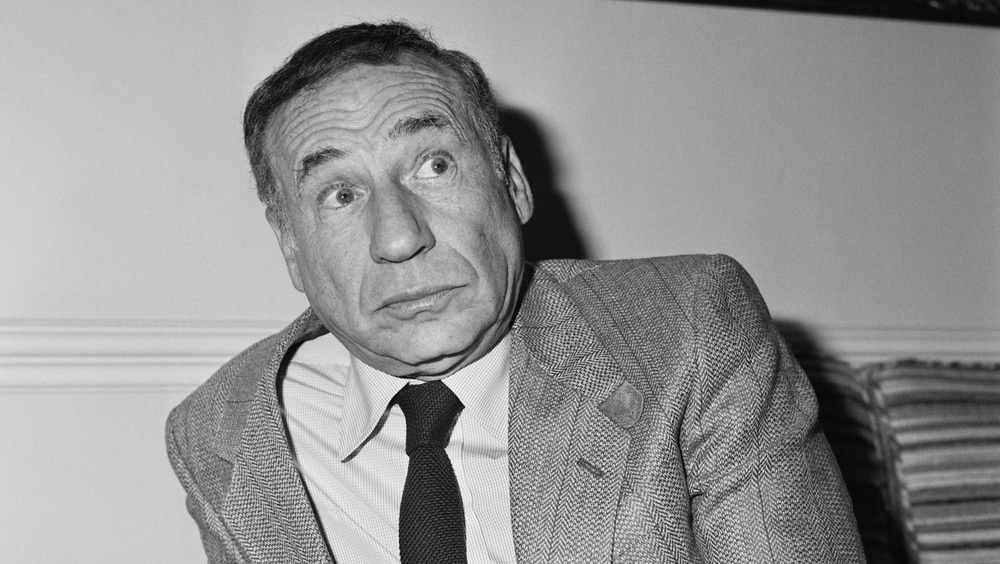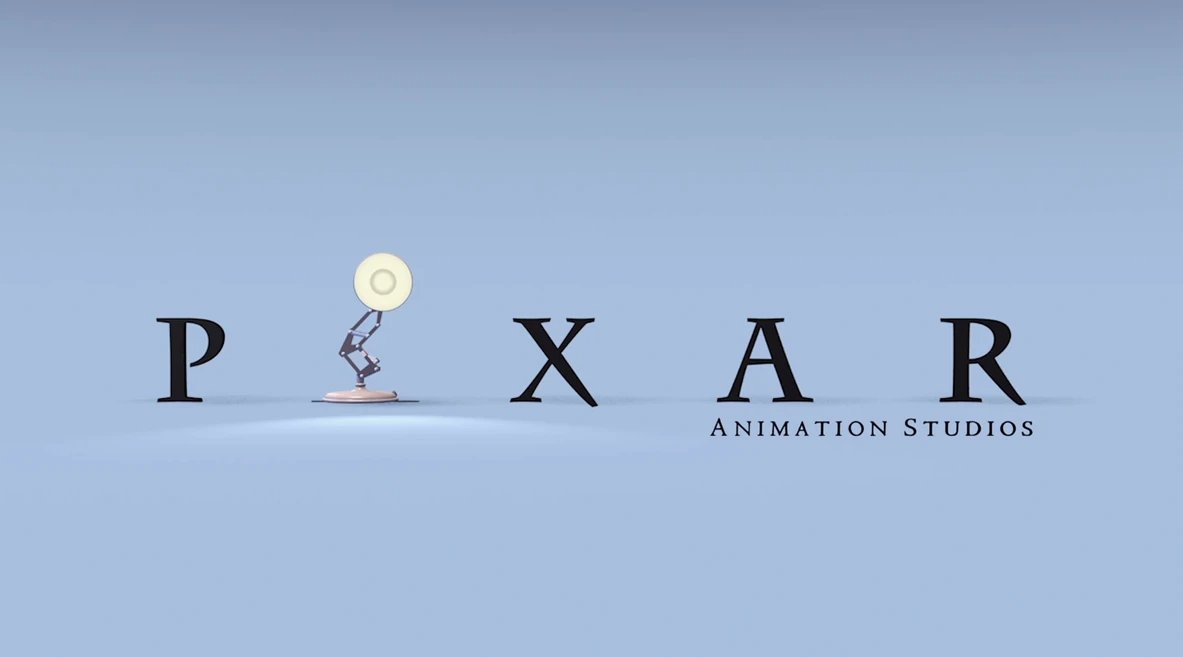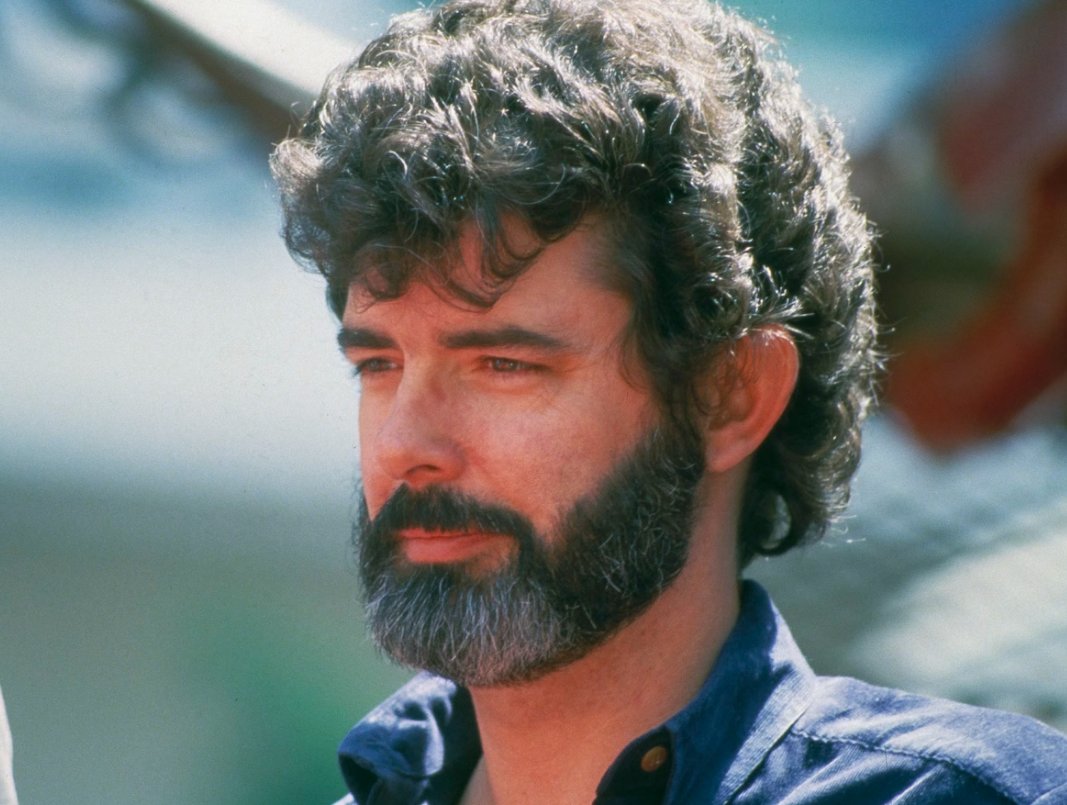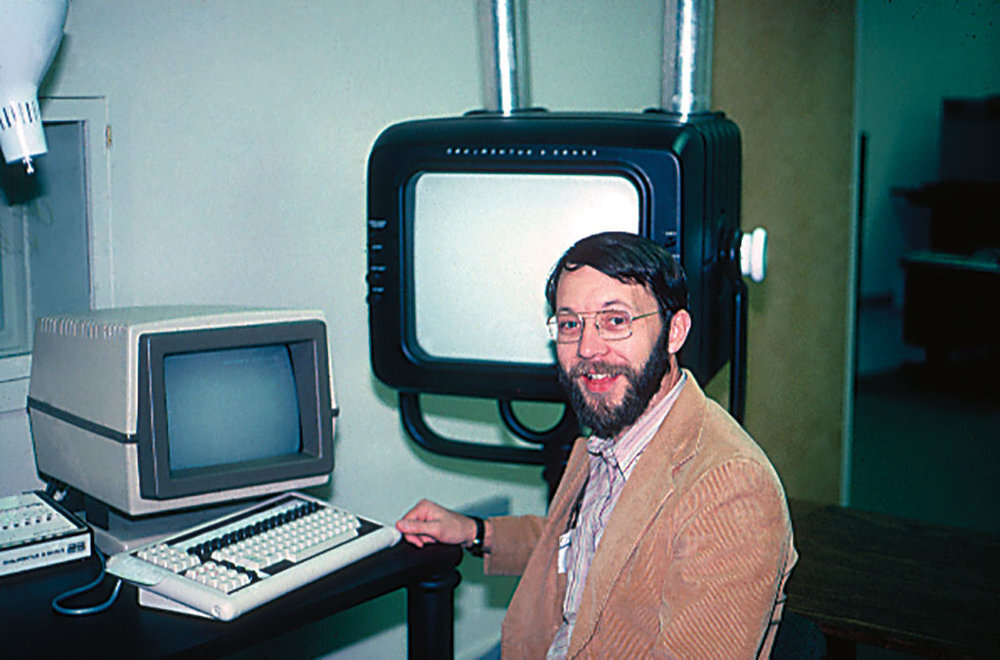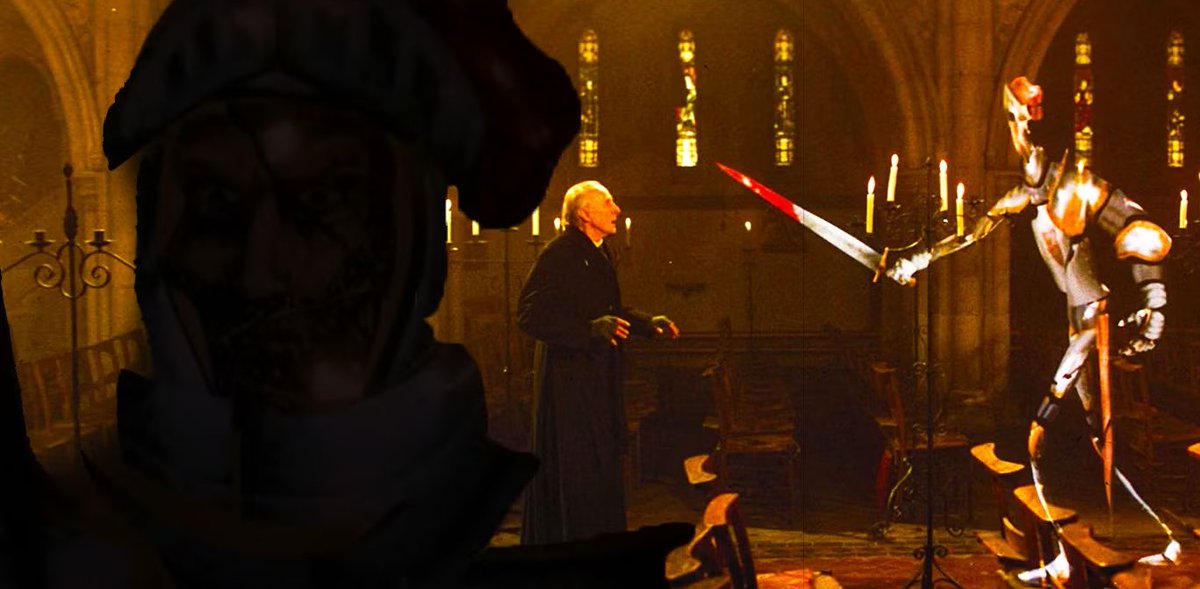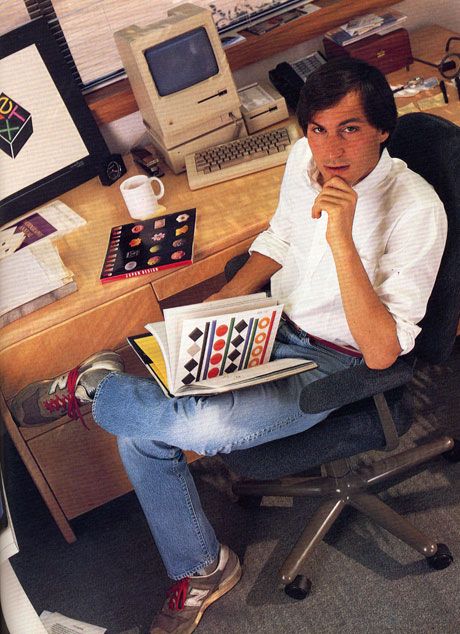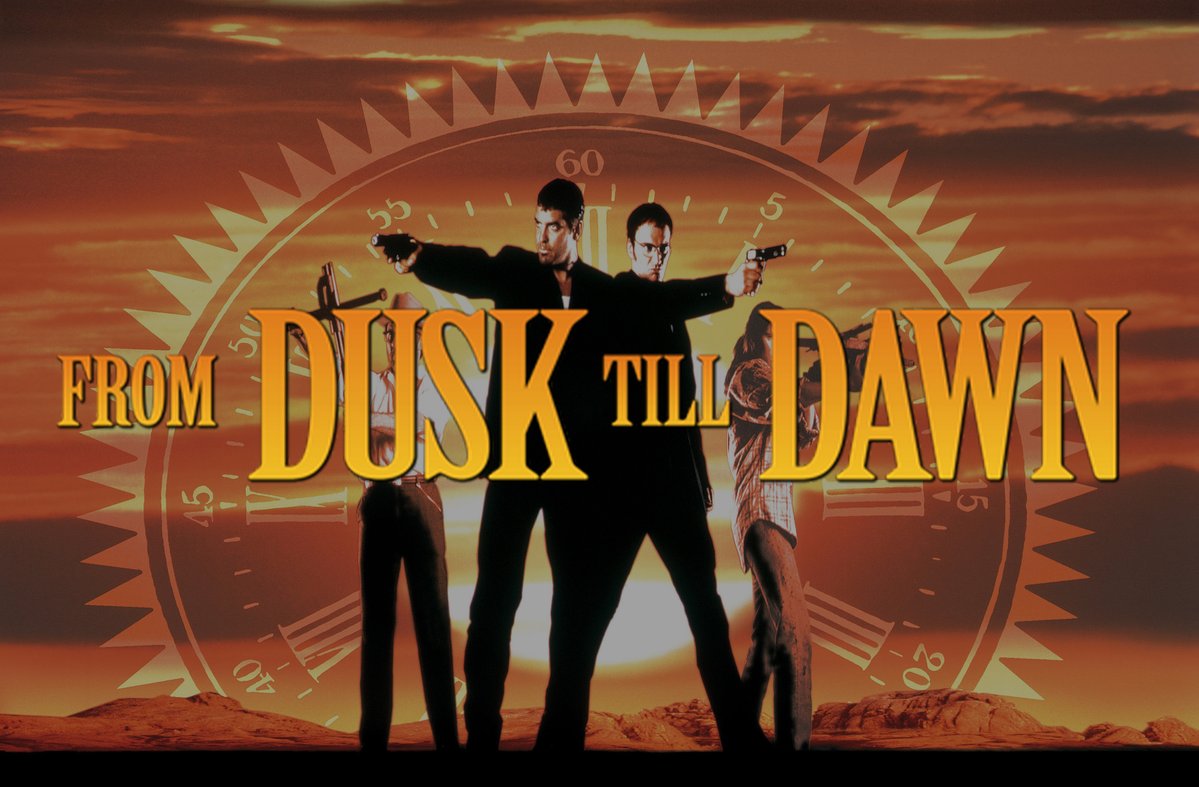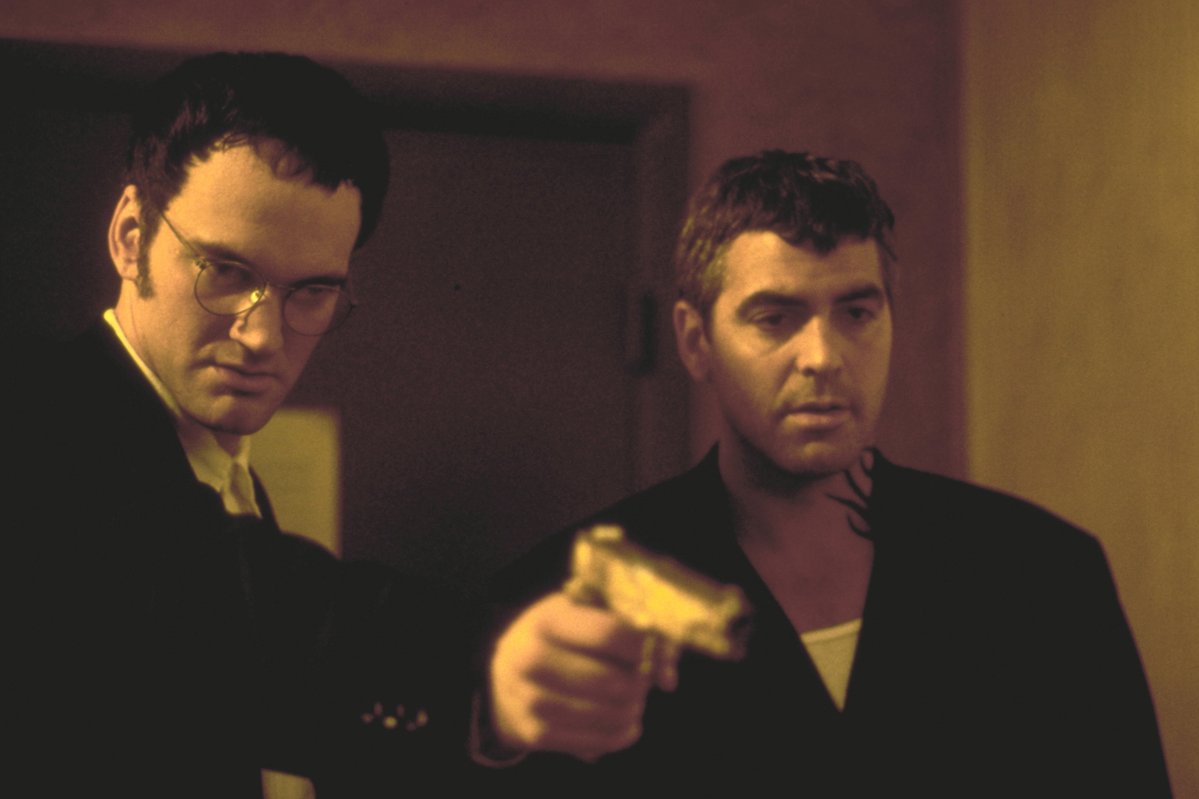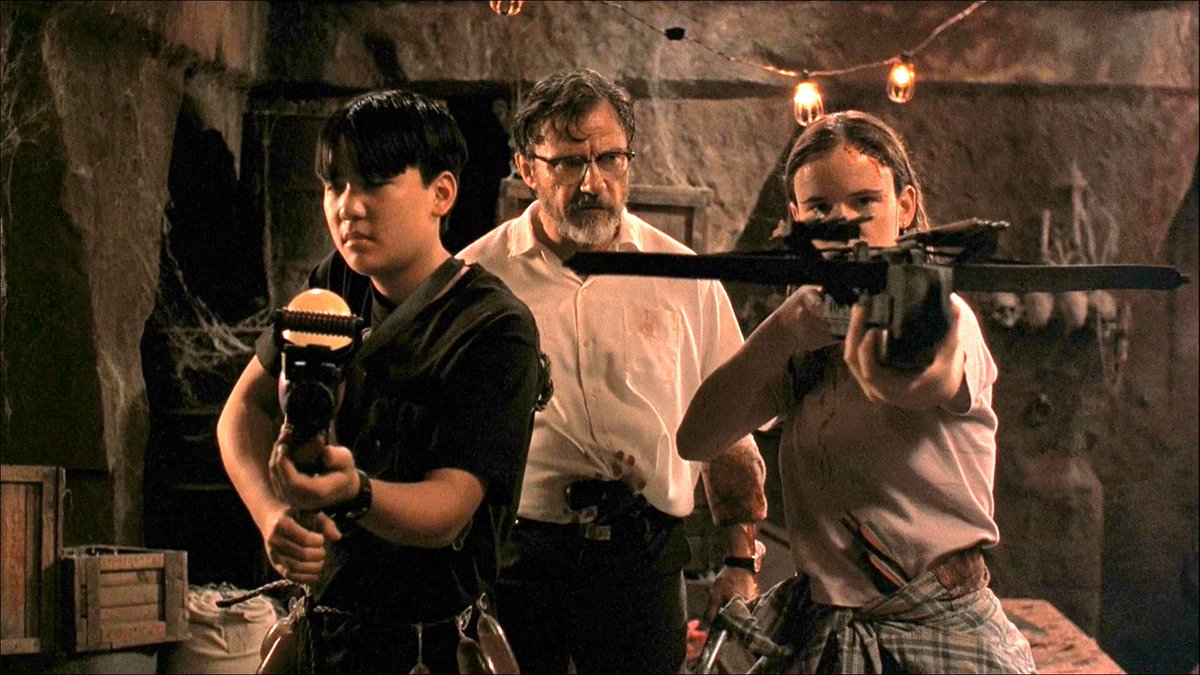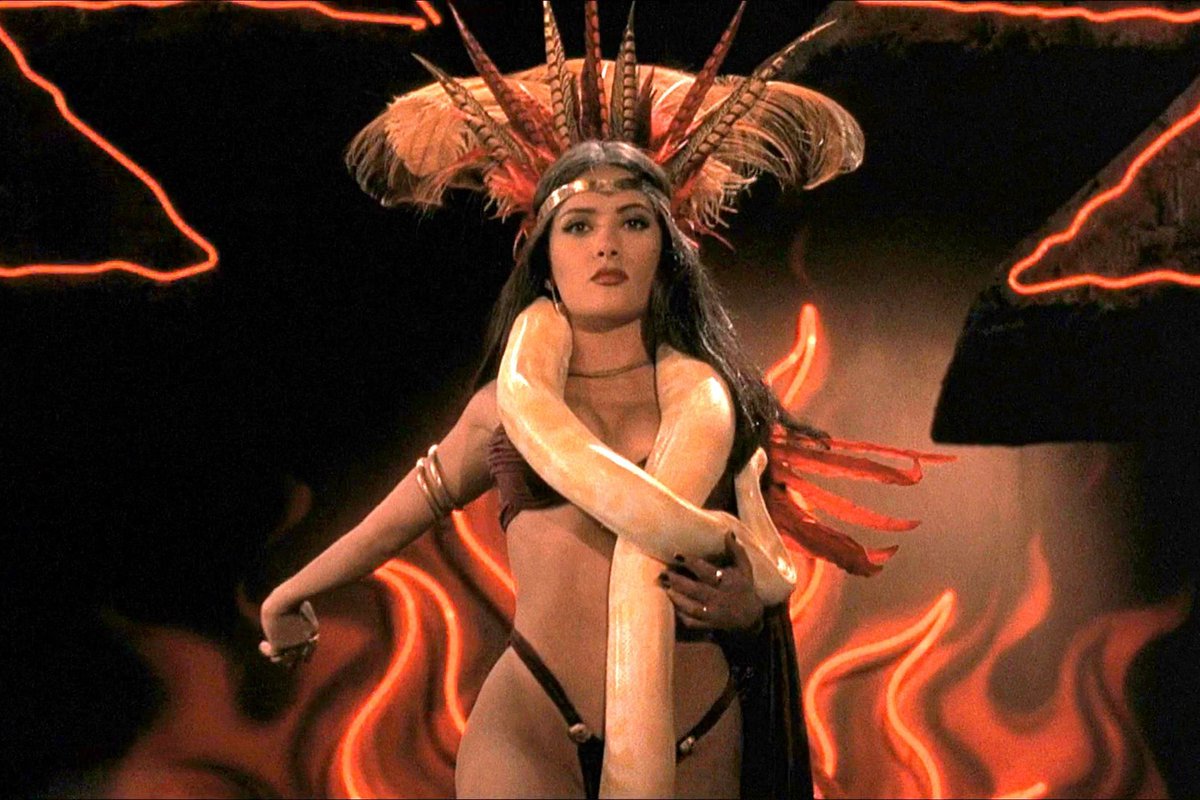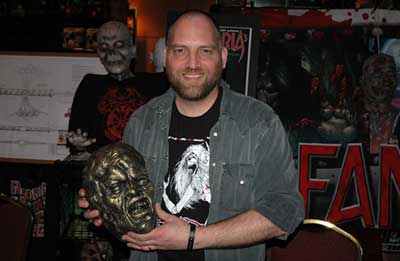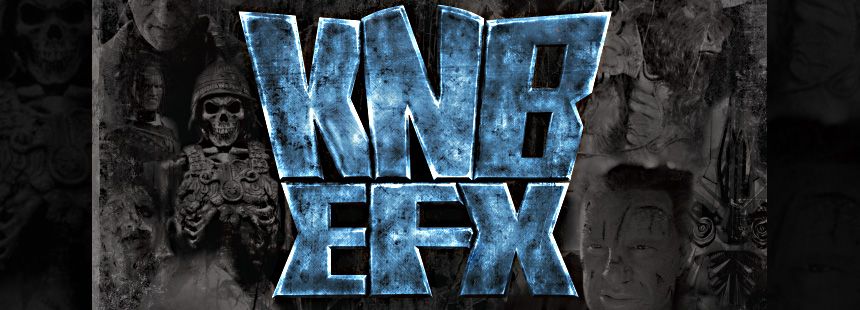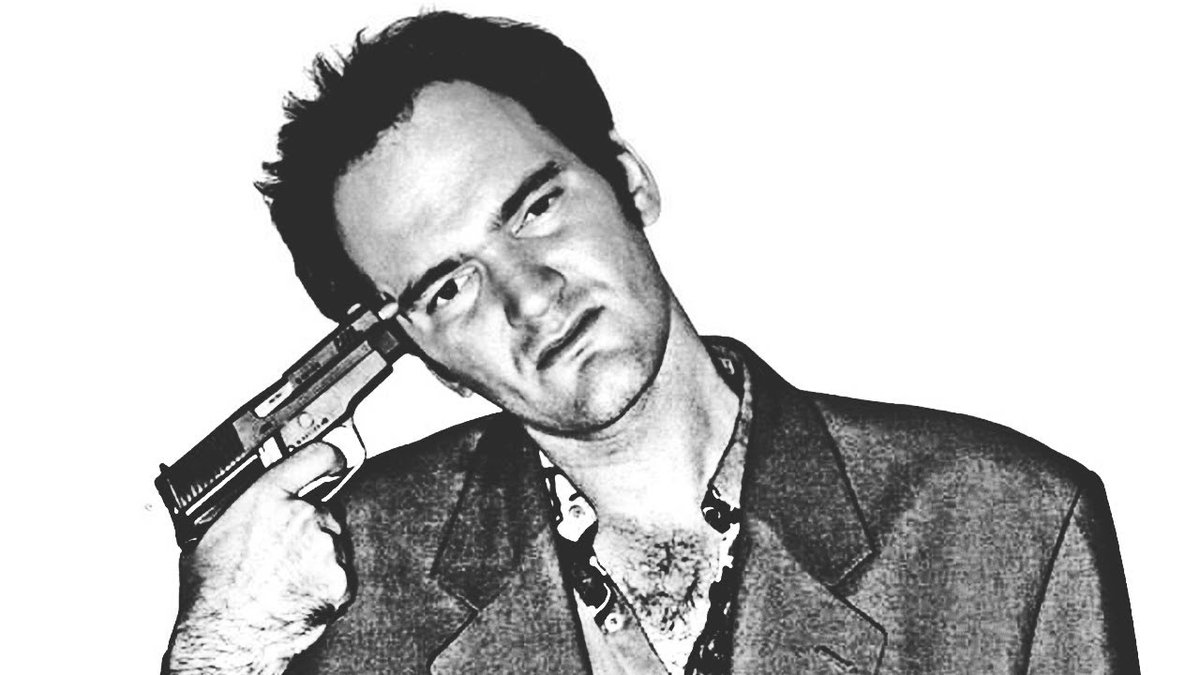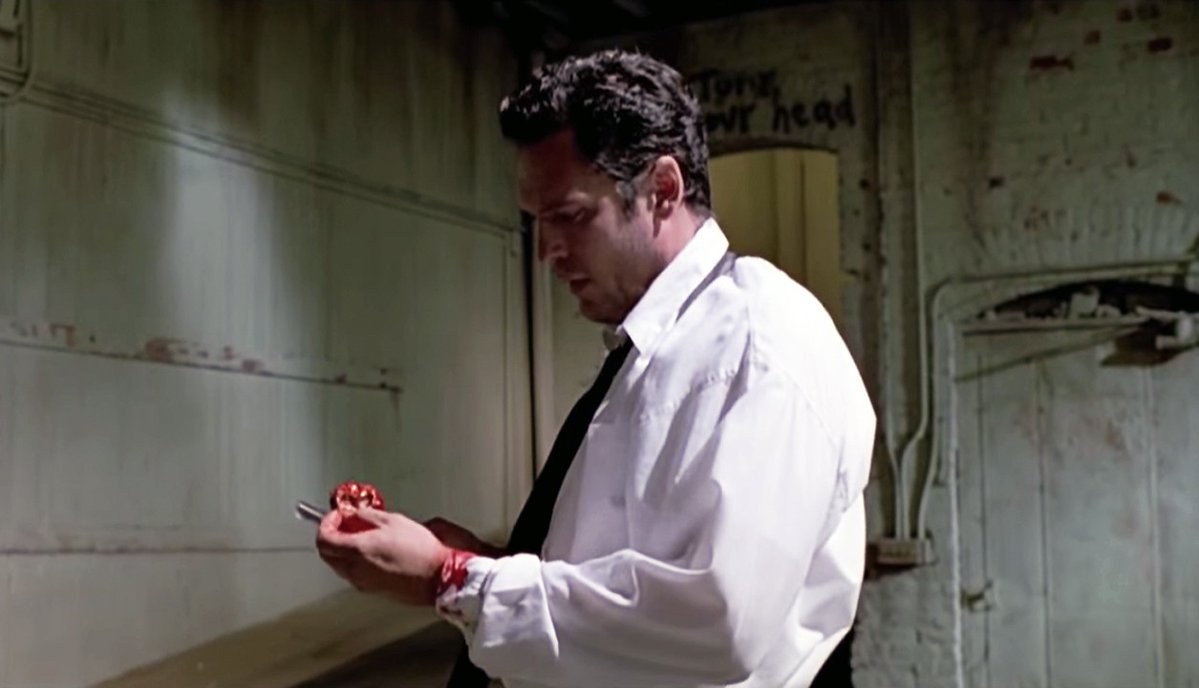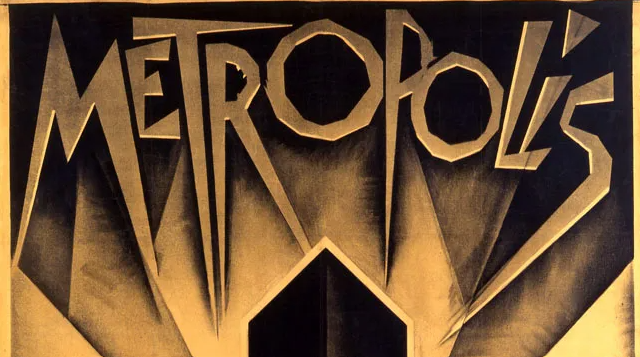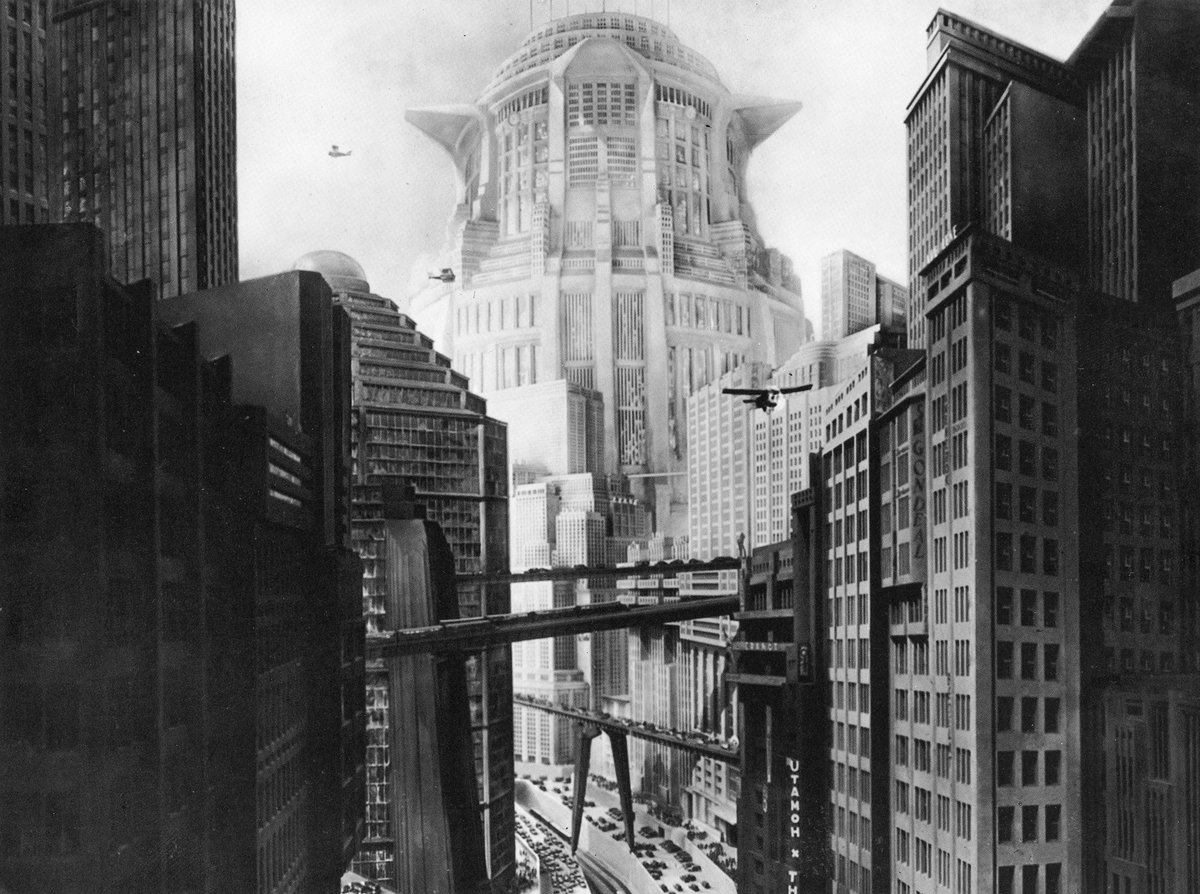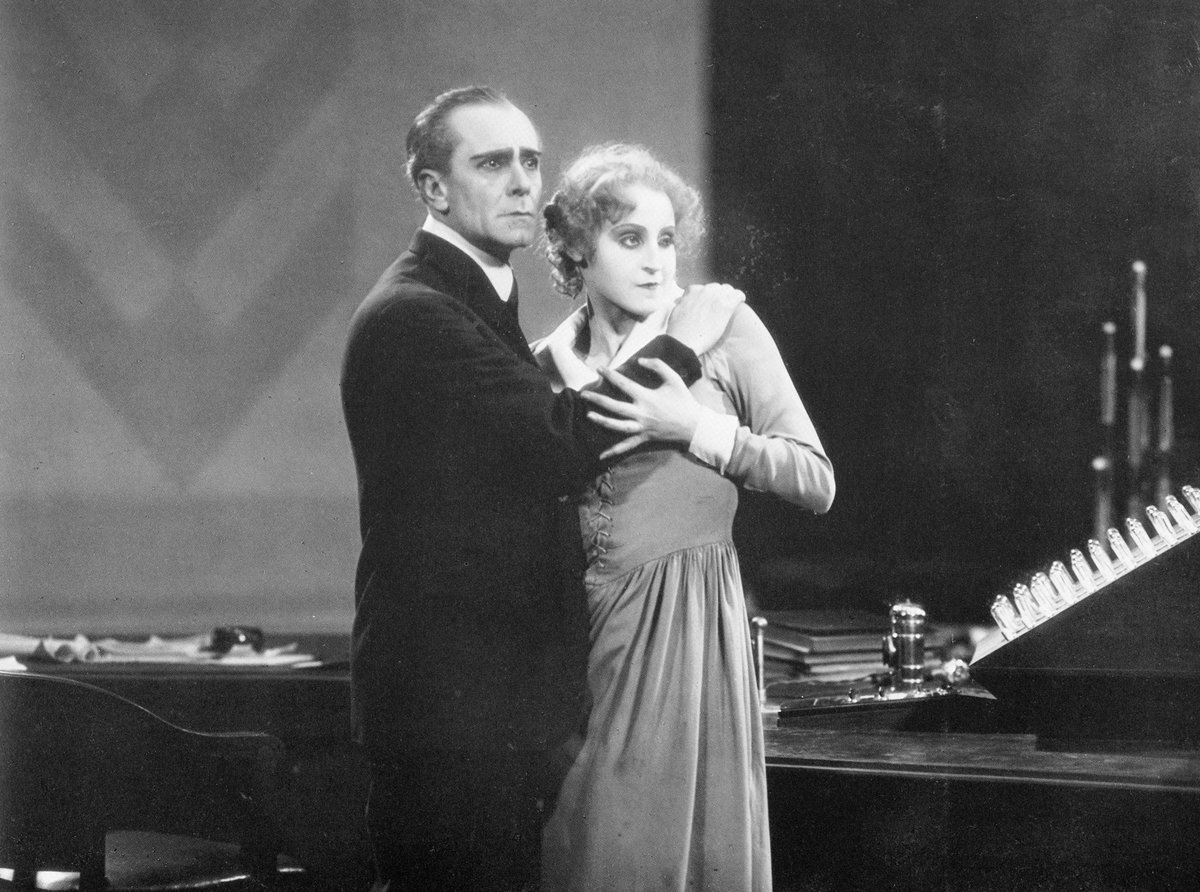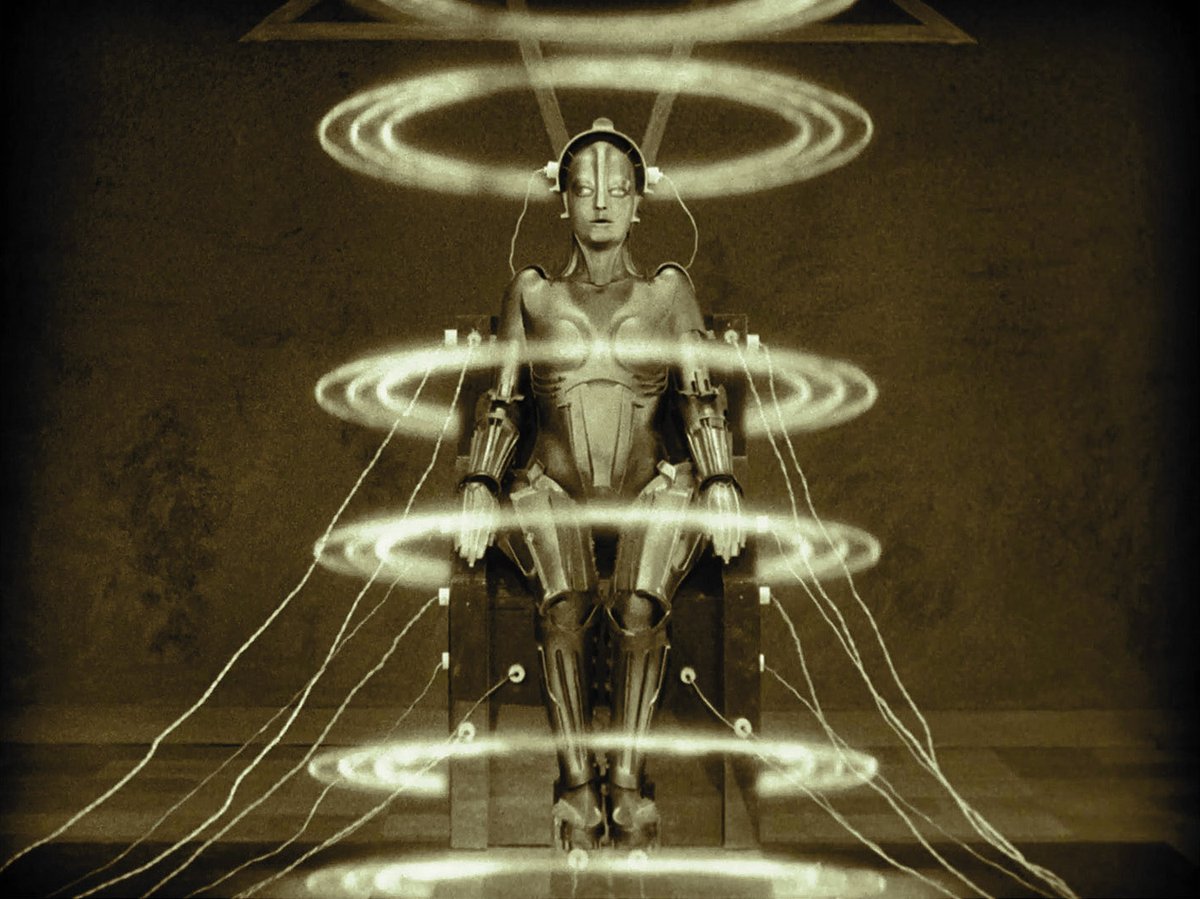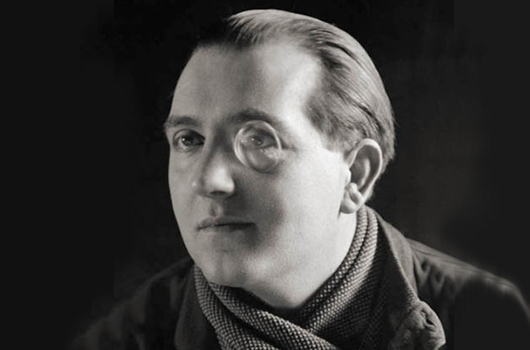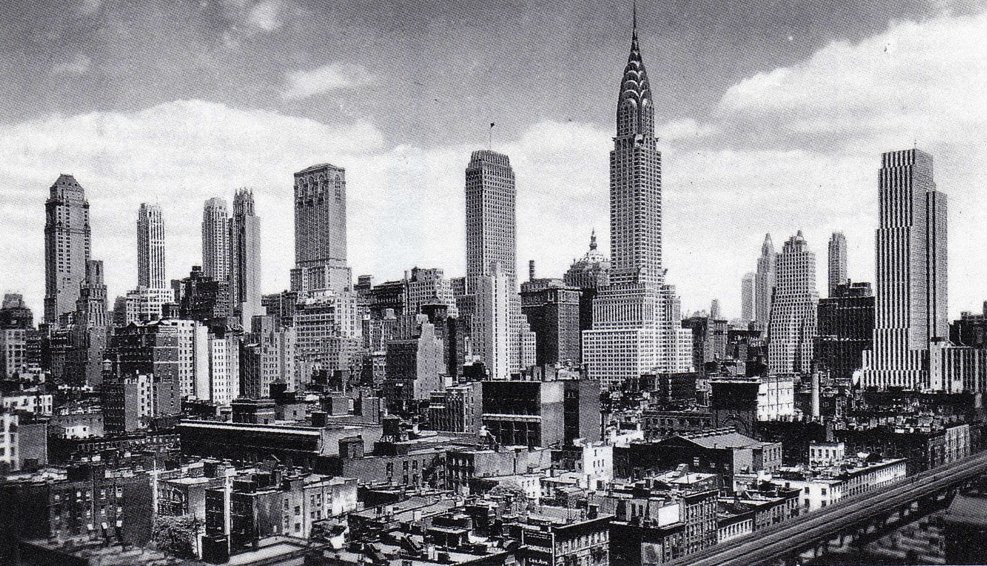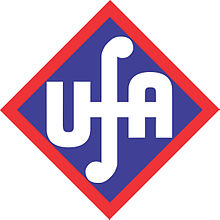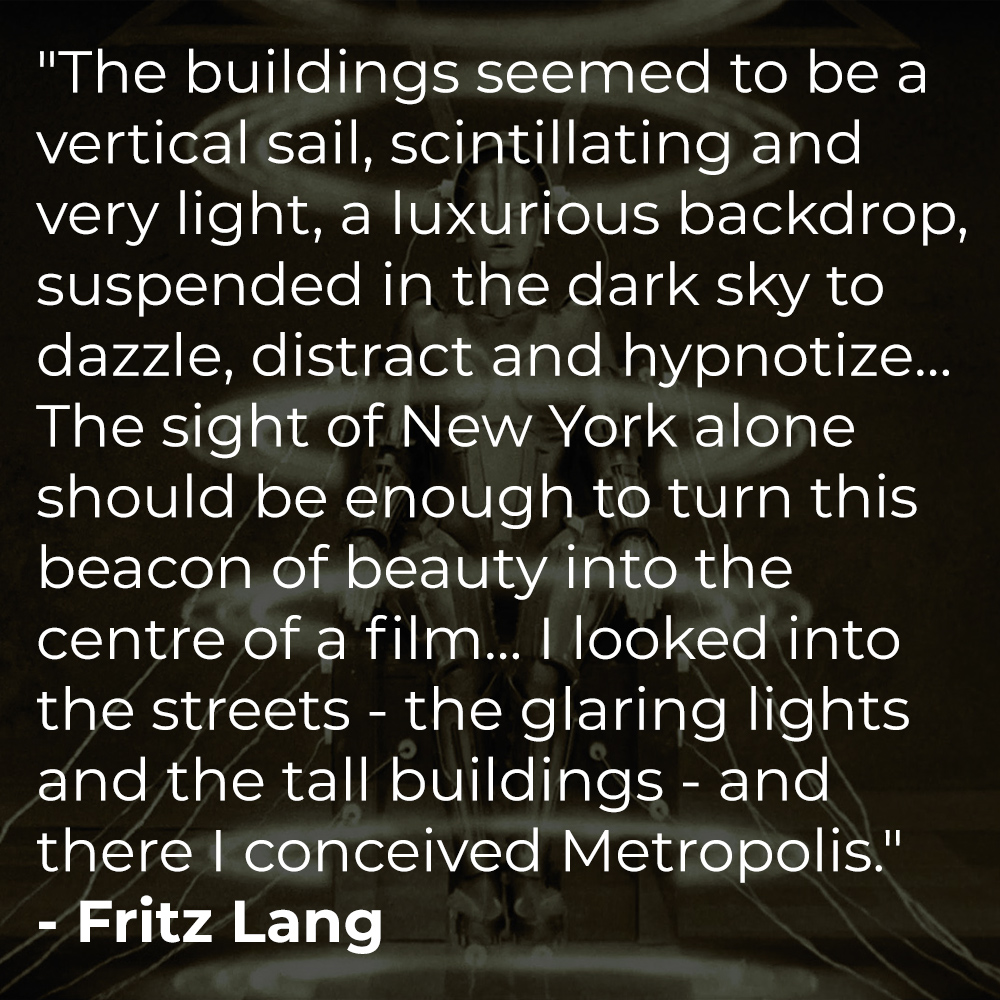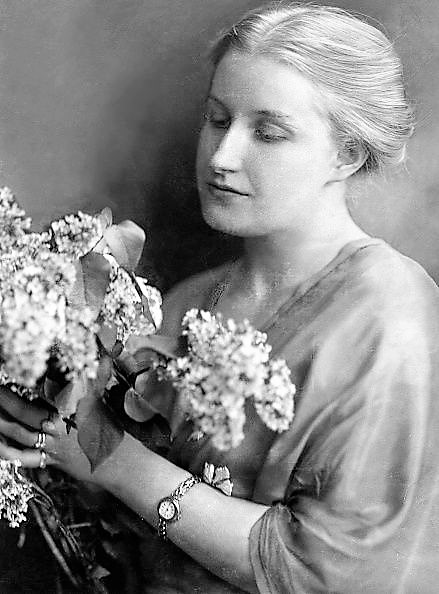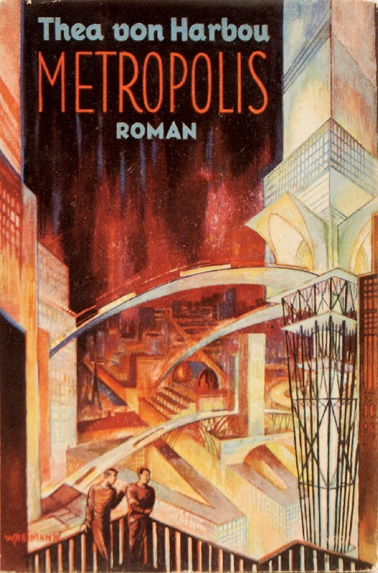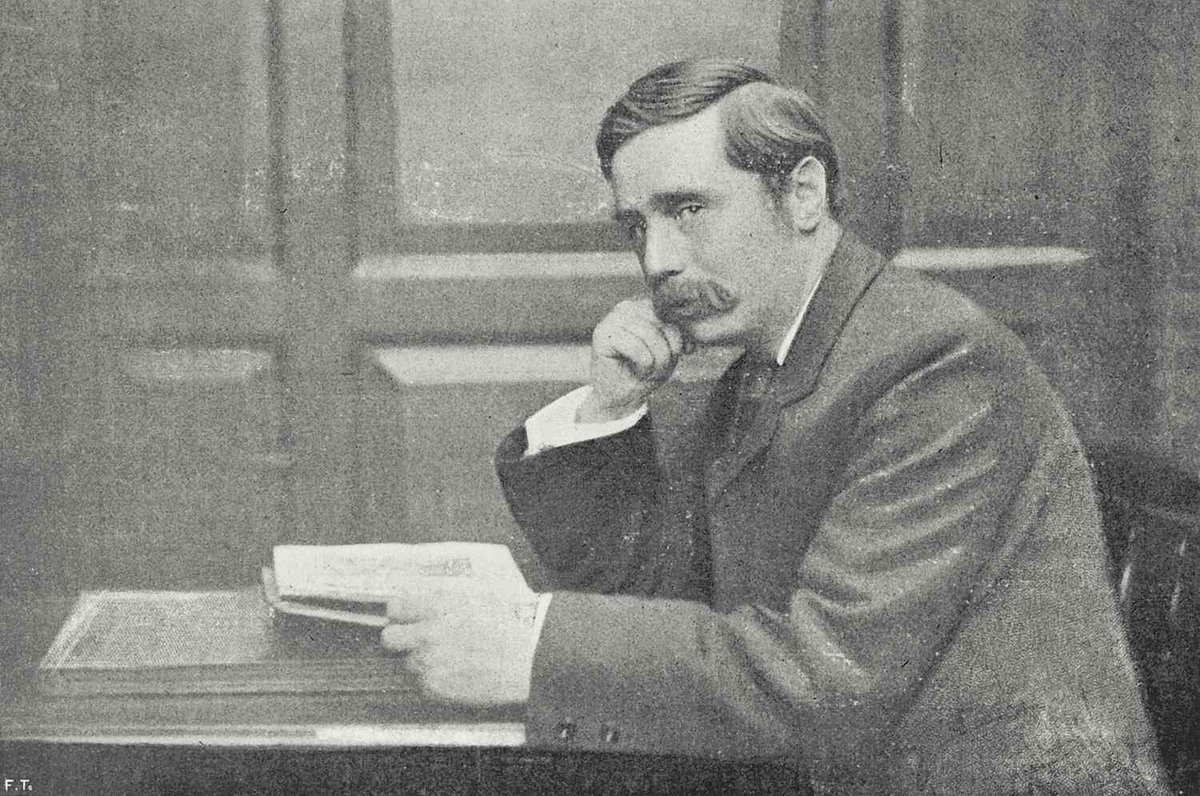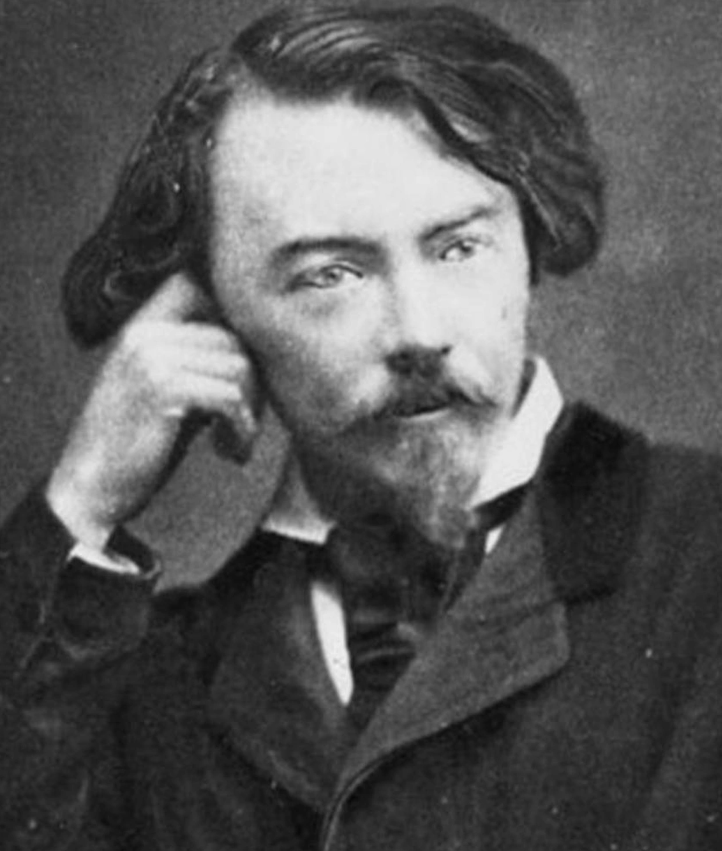LABYRINTH was released 38 years ago today. An 80s fantasy classic and childhood favourite of millions, the behind the scenes story is as outrageous as the Goblin King...
1/35




1/35




In the early 1980s, fantasy illustrator Brian Froud and Muppets creator Jim Henson talked about working together. Of the many ideas they had, the one that stuck was an image of “a baby surrounded by goblins" as Froud later put it.
2/35



2/35



Henson and Froud hired children's author Dennis Lee to write a novella. They hired Monty Python member Terry Jones to write a script based on the novella as Henson’s daughter was a big fan of Jones’ Erik The Viking.
3/35



3/35



Jones “didn’t get on with” Lee’s novella. Instead he took Froud’s illustrations as inspiration and started crafting a story based on them. After revisions from Laura Phillips, Elaine May and producer George Lucas, a shooting script was ready, with Henson as director.
4/35




4/35




The protagonist of the film is 16-year-old Sarah Williams. Laura Dern, Marisa Tomei, Sarah Jessica Parker and Ally Sheedy all auditioned for the role. These are their headshots from their Labyrinth screen tests…
5/35




5/35




Jim Henson was blown away by the audition of a teenage girl from New York. Her name was Jennifer Connelly, and this is her audition…
6/35
6/35
Henson later said he was shocked by Connelly’s level of professionalism and ability to receive feedback constructively at such a young age. They shared a friendship until Henson’s sad passing in 1990…
7/35




7/35




The antagonist of the film is Jareth – The Goblin King. Henson originally planned to use a puppet but ditched the idea in favour of an actor, and considered Kevin Kline, Michael Gothard and Simon MacCorkindale.
8/35



8/35

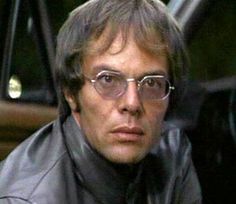

Henson then had the idea of casting a rock star as Jareth. Michael Jackson, Prince and Mick Jagger were considered. And, reportedly, Henson liked the idea of casting Sting!
9/35




9/35



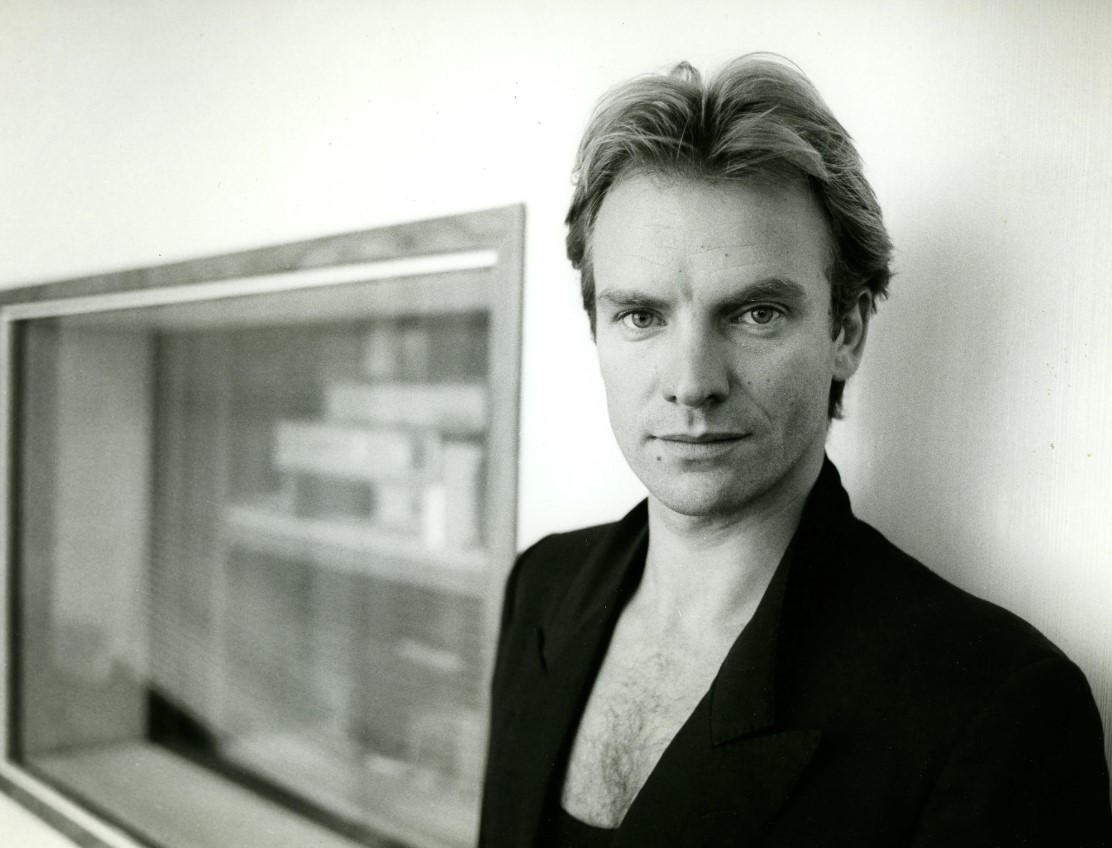
David Bowie was at the height of his fame having just released Let’s Dance. Henson’s kids said he should play Jareth. Bowie was sent the script and said he liked the concept and thought it was hilarious. He signed up.
10/35


10/35


Bowie took some inspiration from a fellow pop star in creating The Goblin King. Jareth’s hair cut was inspired by Limahl, lead singer of Kajagoogoo and performer of The Neverending Story theme.
11/35


11/35


Sarah's baby brother was played by Toby Froud, the son of Brian Froud. The character was originally called Freddie, but Toby would only answer to his own name so they changed it. Toby later said that the first time he met Bowie he peed on him.
12/35


12/35


It was a family affair for the Henson’s too. Jim’s son Brian was the voice of Hoggle, and his daughter Cheryl was a puppeteer for one of the Fireys.
13/35


13/35


Executive producer George Lucas had limited involvement during filming. He did turn up for the first day of production though, and surprised the cast and crew by arranging Darth Vader to hand Henson a good luck card.
14/35


14/35


The characters aren’t all humans or puppets. The owl in the title sequence is actually computer generated. The first attempt at a CGI animal character in a feature film.
15/35


15/35


One of the great in-camera effects revolves around Jareth’s ball skills. They were done by juggler Michael Moschen, who crouched behind Bowie with his arms replacing Bowie's. He couldn’t see the balls so was performing blind.
16/35
16/35
In the scene where Toby is on Jareth’s lap, the baby has a fixed off-camera stare. Toby screamed constantly during filming so a crew member wore a Sooty puppet on one hand out of shot to distract Toby.
17/35



17/35



Bowie’s legendary bulge as Jareth was an intentional choice by designer Brian Froud. And the baby noises we hear in the song Magic Dance are Bowie. He didn't feel the recordings of the real baby sounded good enough so re-recorded them.
18/35


18/35


The start of the songs comes from a 1947 film starring Cary Grant and Shirley Temple called The Bachelor and the Bobby-Soxer. See below for the similarities…
19/35
19/35
The Magic Dance scene was a major production set piece. It included 48 muppets, 52 puppeteers, and eight people in goblin costumes.
20/35




20/35




Brian Froud has told a story that at the Royal Premiere, there was one sole laugh during the bog of stench sequence. He met Prince Charles at the opening of the Museum of the Moving Image in London in 1988, and it turned out Charles was the laugher.
21/35


21/35


The original script ended with Sarah punching and kicking Jareth, then watching him shrink down until he becomes a small and snivelling goblin.
22/35




22/35




The upside-down room in the Goblin City was directly inspired by the famous drawing Relativity, by M.C. Escher. The illustration can also be seen in Sarah's room at the beginning of the movie.
23/35



23/35



Many of the creatures and environments that Sarah finds herself in later are foreshadowed early on when we see them in her room.
24/35




24/35




The Helping Hands sequence was also a big production. Jennifer Connelly was on a harness 40 feet up, with nothing to hold on to and was told if she tried to touch the back of the shaft, her fingers would be chopped off by the hinges. There were 100 performers on the rig.
25/35
25/35
When he learned that the Ludo rig weighed over 100 pounds and would need multiple operators, Henson told the effects team to make it lighter. It was brought down to just over 75 pounds, and was operated by puppeteers Ron Mueck and Rob Mills.
26/35




26/35




To help the puppeteers inside him to see, there was a miniature video camera in Ludo's right horn that fed to a small television monitor mounted inside the puppet's stomach.
27/35



27/35
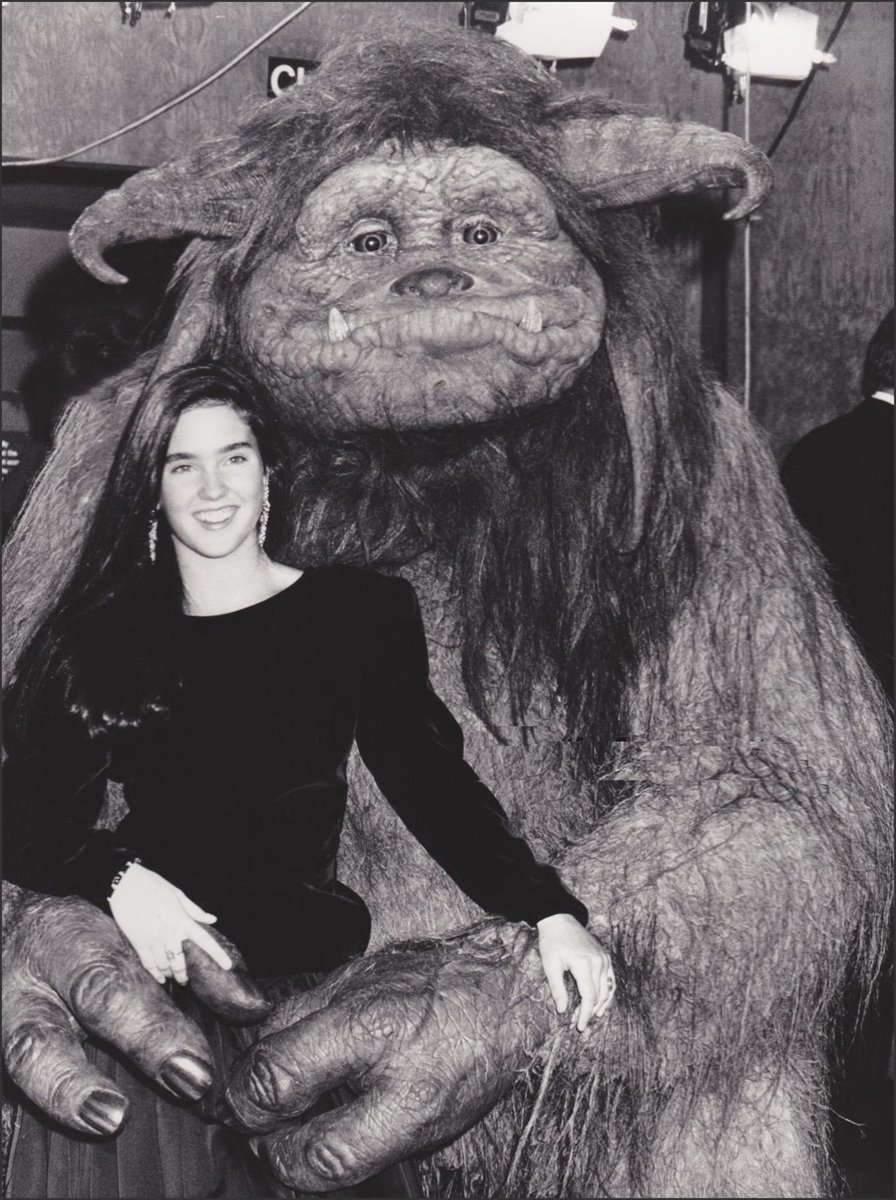


Actress Shari Weiser was inside the Hoggle suit controlling the movements. One of the reasons Hoggle makes groaning noises between lines was to keep his mouth open that actress Weiser was able to see out.
28/35



28/35



Hoggle’s costume ended up in an unclaimed baggage centre in Alabama where it was discovered years later. As of now, Hoggle is on display in the centre's Unclaimed Baggage Museum.
30/35
30/35

We see Jareth’s face throughout the movie. He’s intentionally added by Henson many times…
Images: FarOut Magazine
31/35




Images: FarOut Magazine
31/35




Author Maurice Sendak’s lawyers advised Henson to stop production as the plot was similar to Sendak’s Outside Over There. They settled and the film’s credits say: “Jim Henson acknowledges his debt to the works of Maurice Sendak."
32/35



32/35



The last scene changed during production. Originally Sarah's moment with Ludo, Hoggle, and Sir Didymus would take place from her window and they would fade away. It was changed to her mirror for a more upbeat, happier finish…
33/35


33/35


On a budget of $25m, the film grossed just $34m. Henson's wife Jane later said Jim felt rejected by audiences. Before his passing though, he did see the cult following the film was creating, and that has continued to grow in subsequent years.
34/35




34/35




If you liked our making of story of LABYRINTH, please share the opening post 😀
https://x.com/ATRightMovies/status/1806631950406373617
Our latest podcast episode is on THE SOCIAL NETWORK. Full of big laughs and opinions so please check it out 😄
alltherightmovies.com/podcast/the-so…
alltherightmovies.com/podcast/the-so…
• • •
Missing some Tweet in this thread? You can try to
force a refresh








